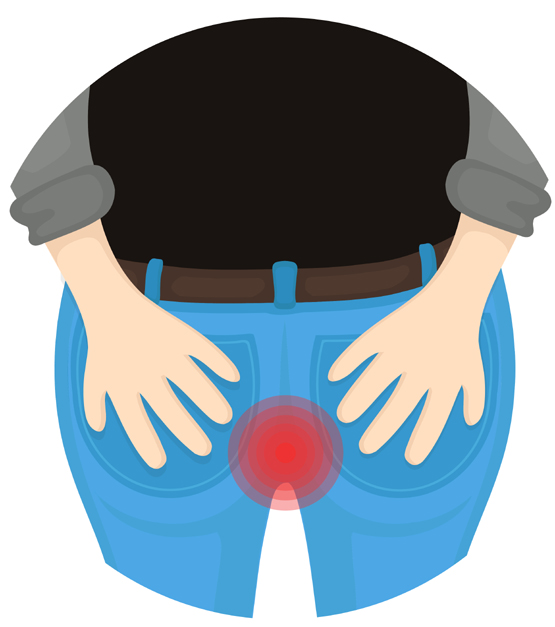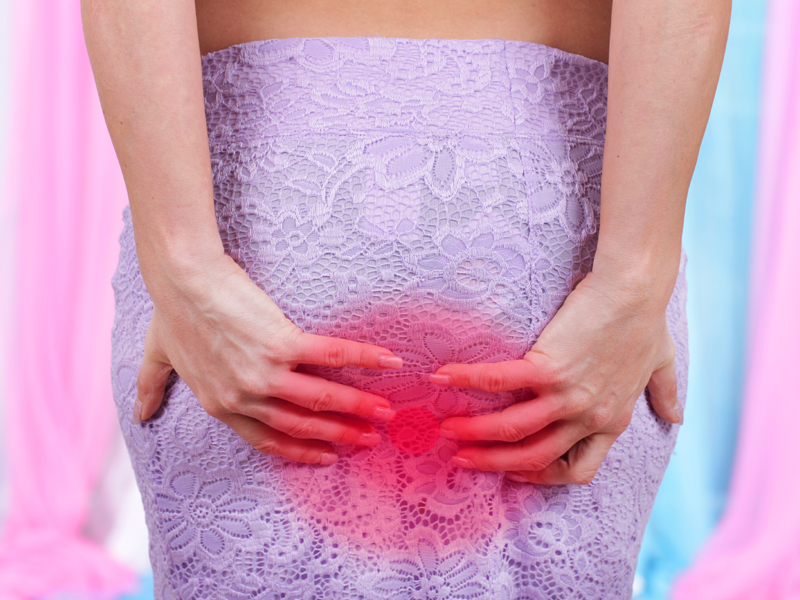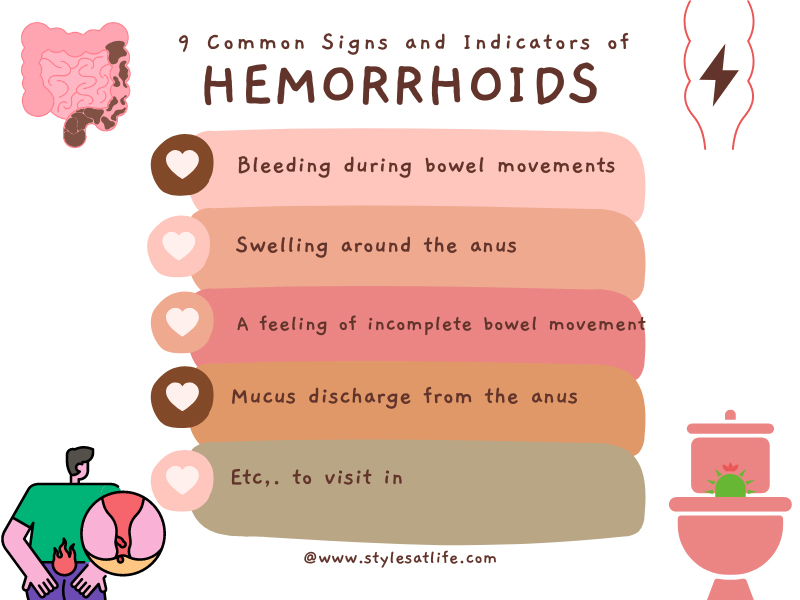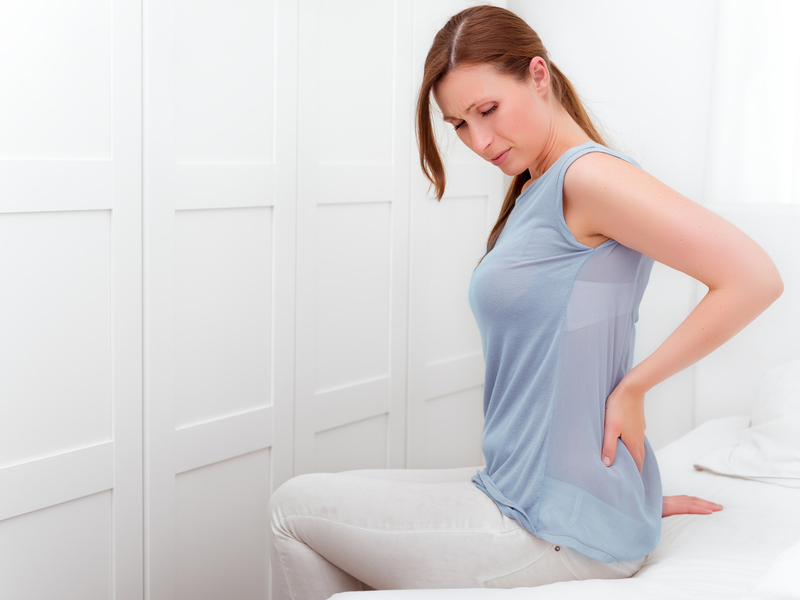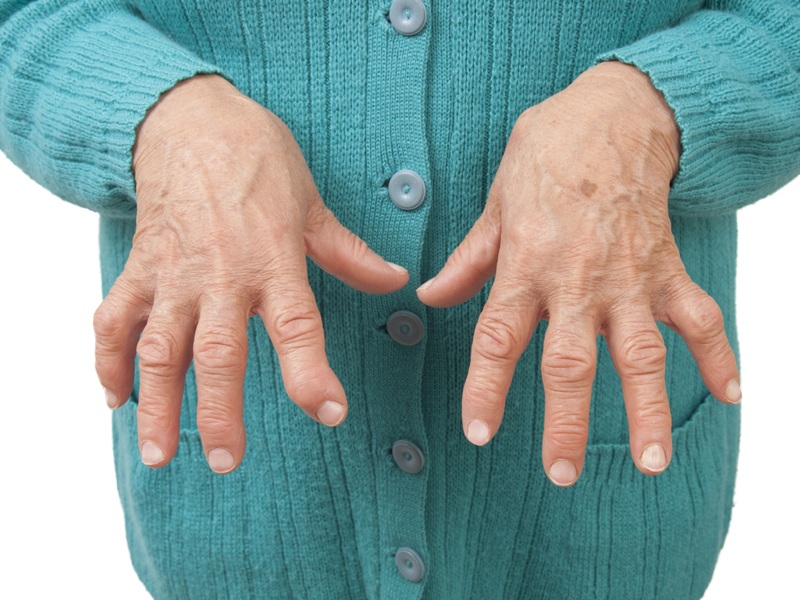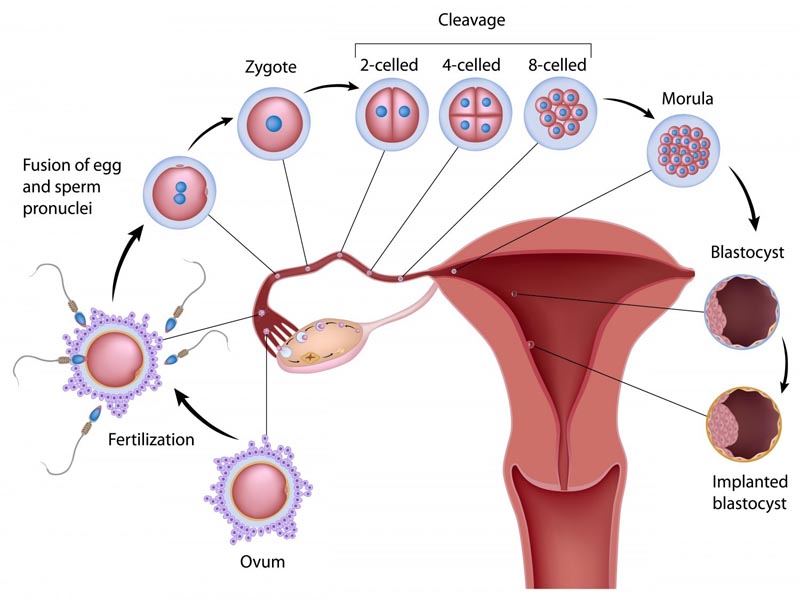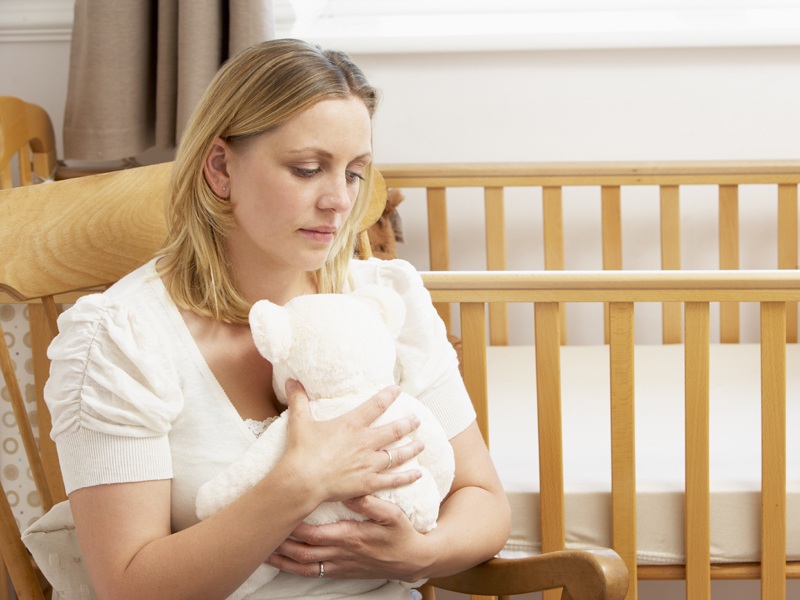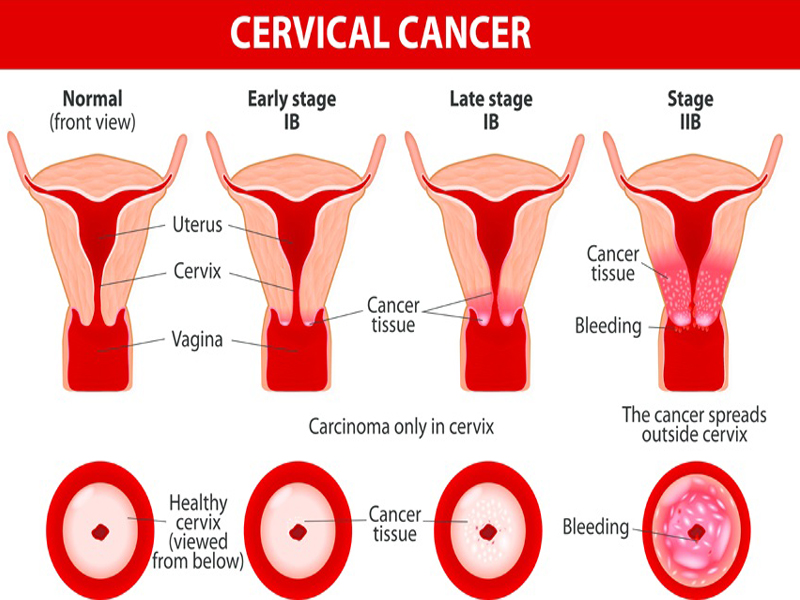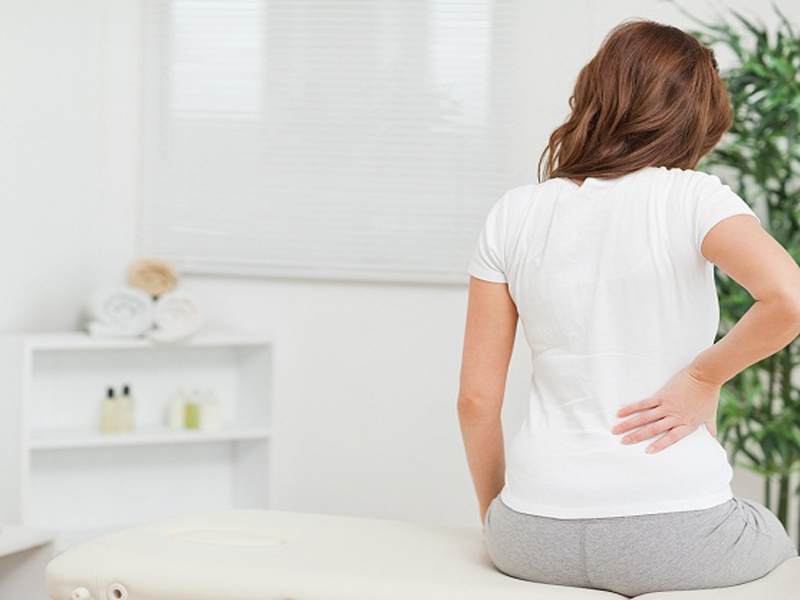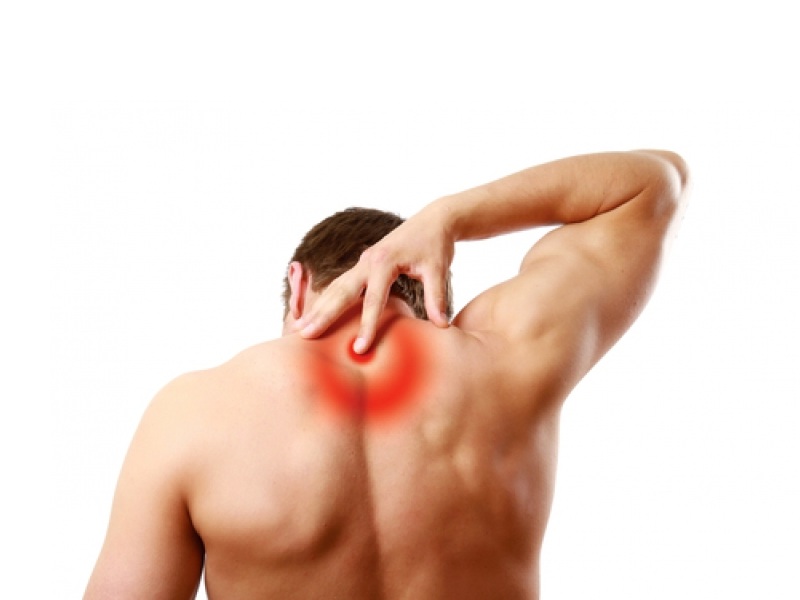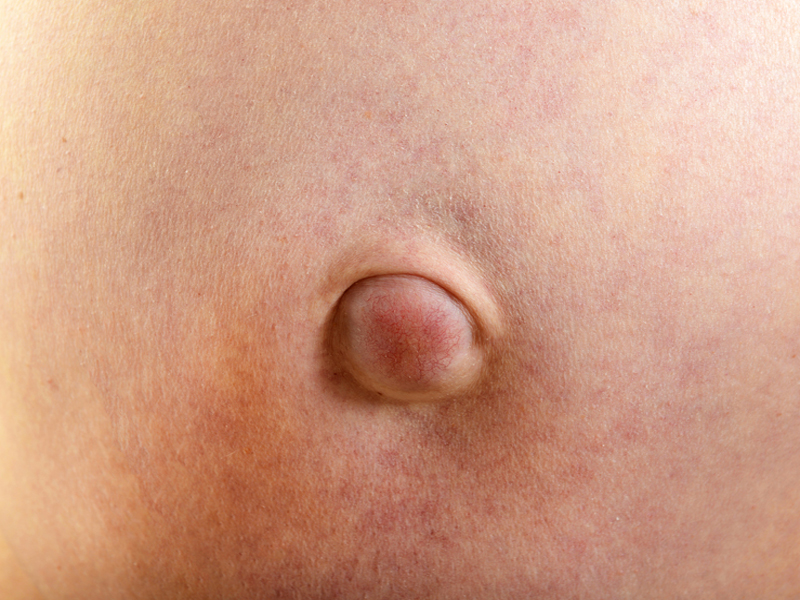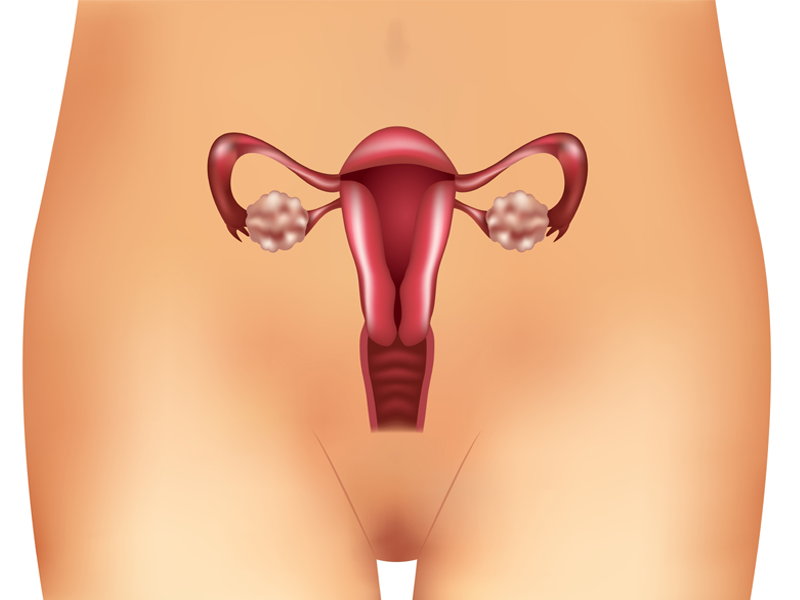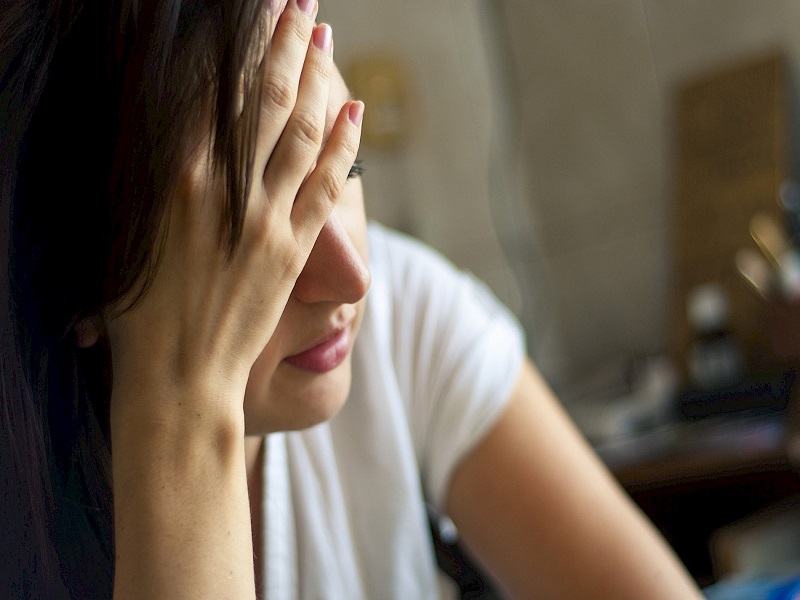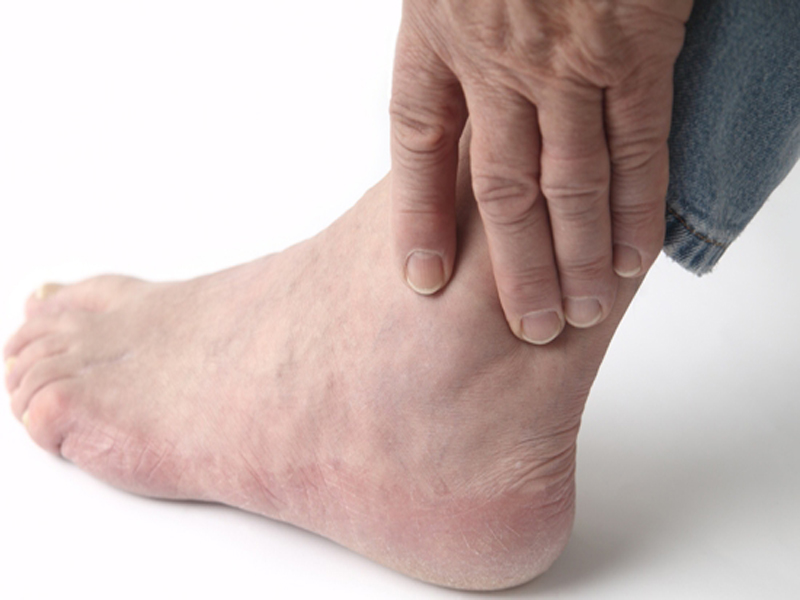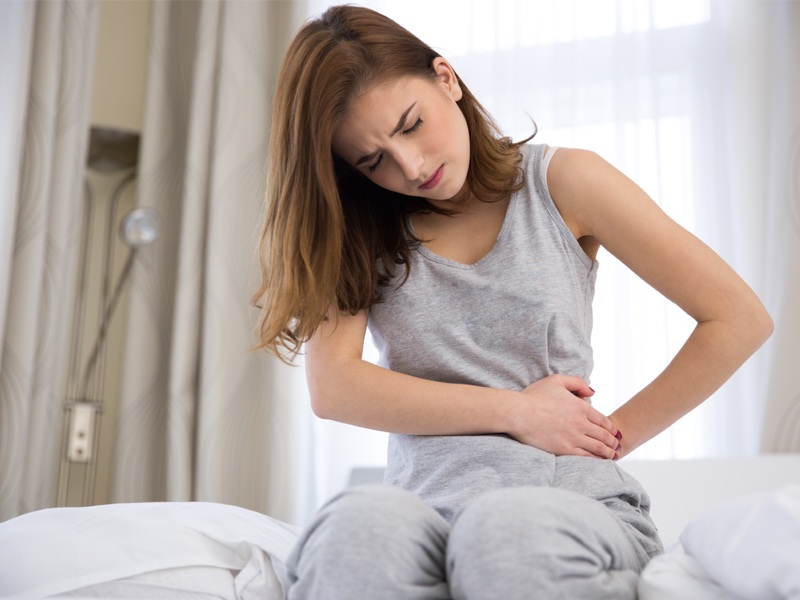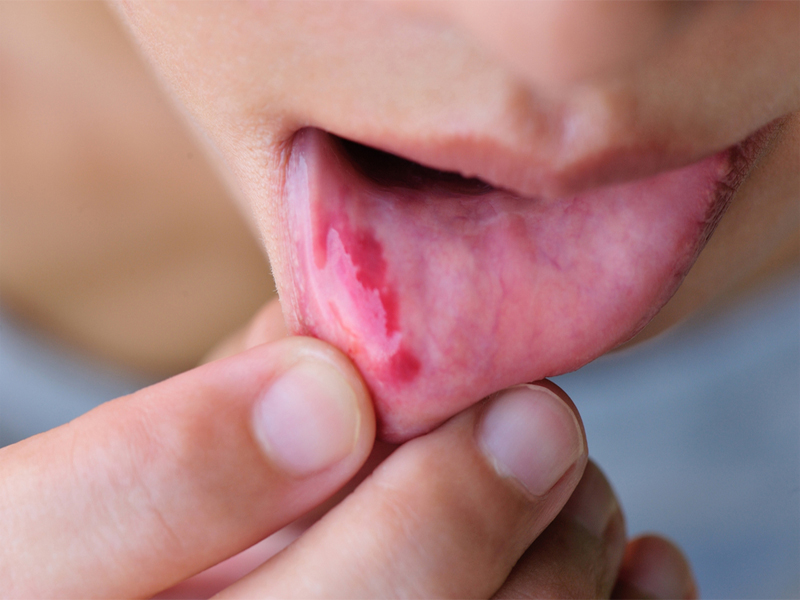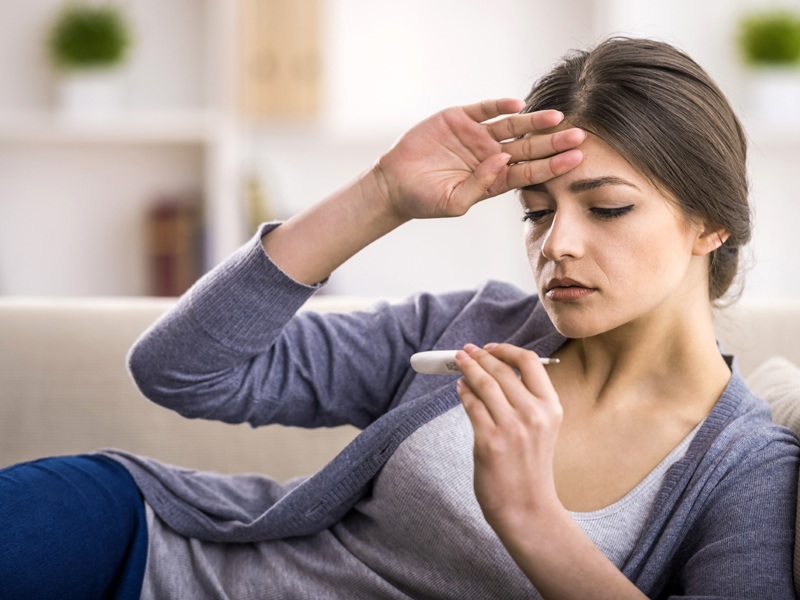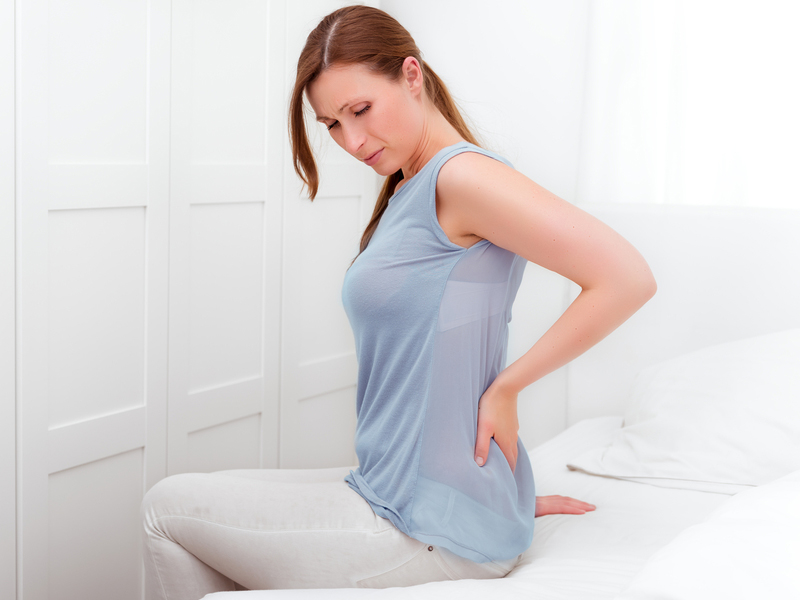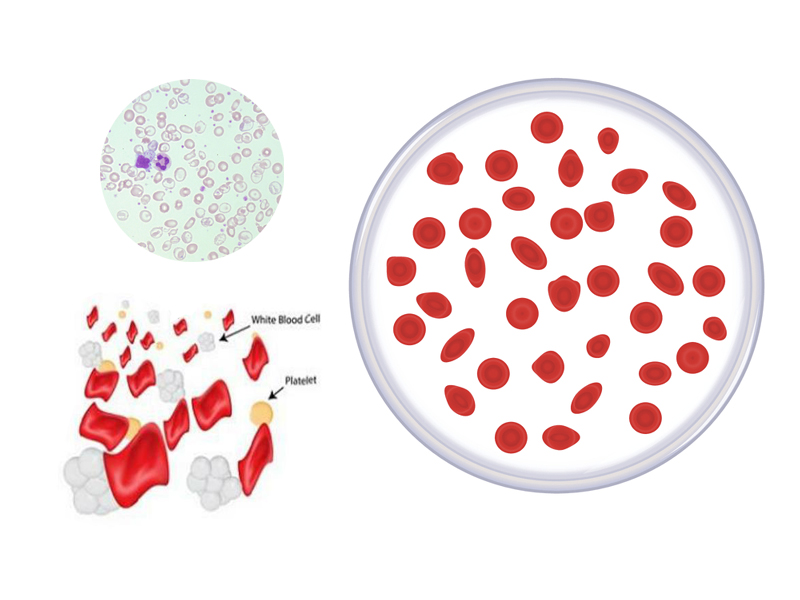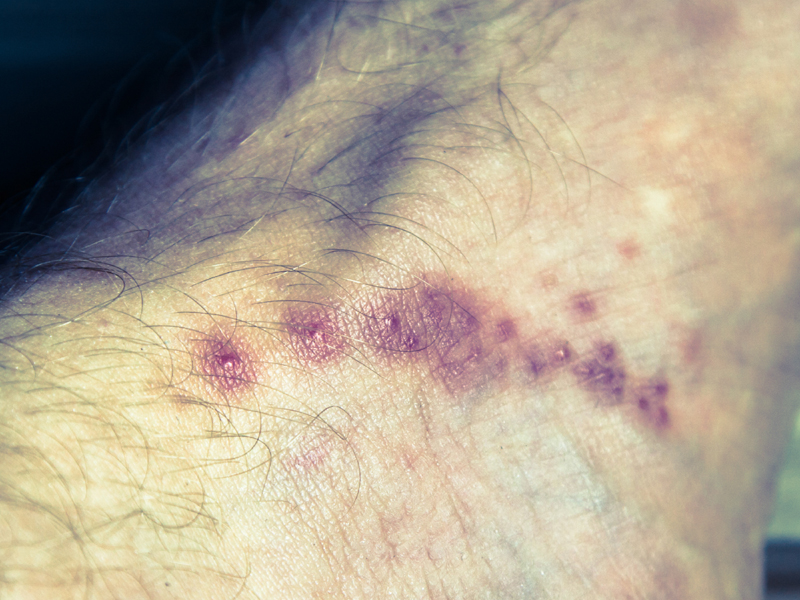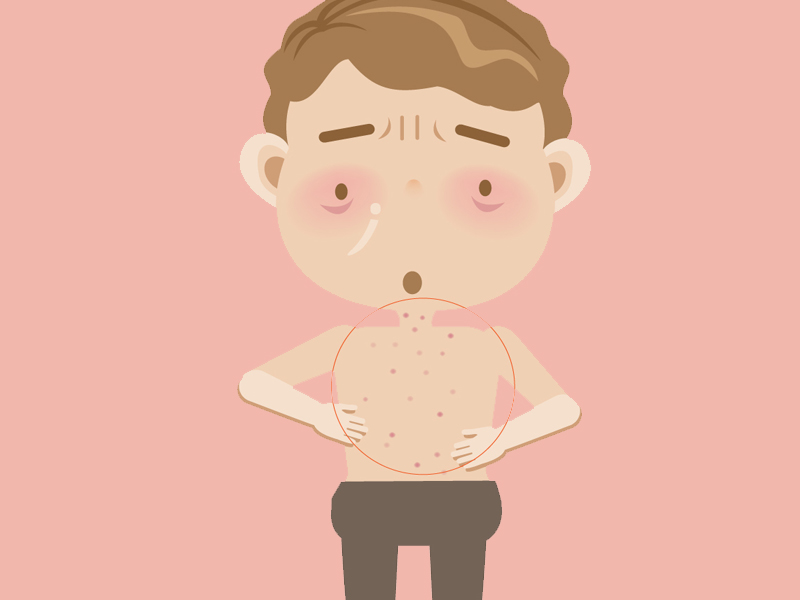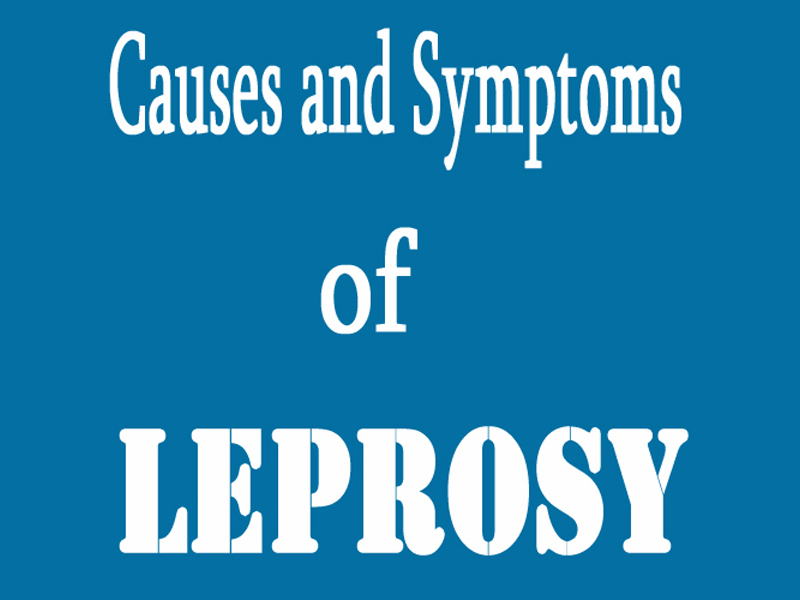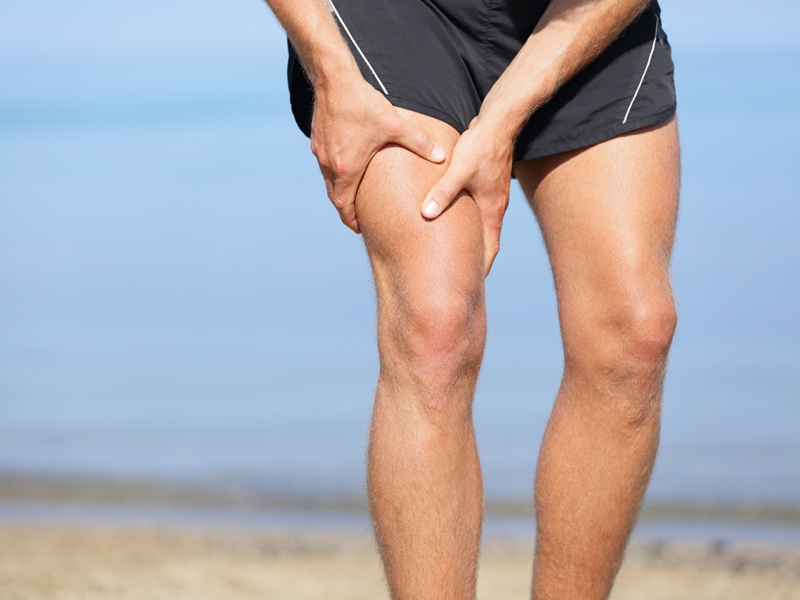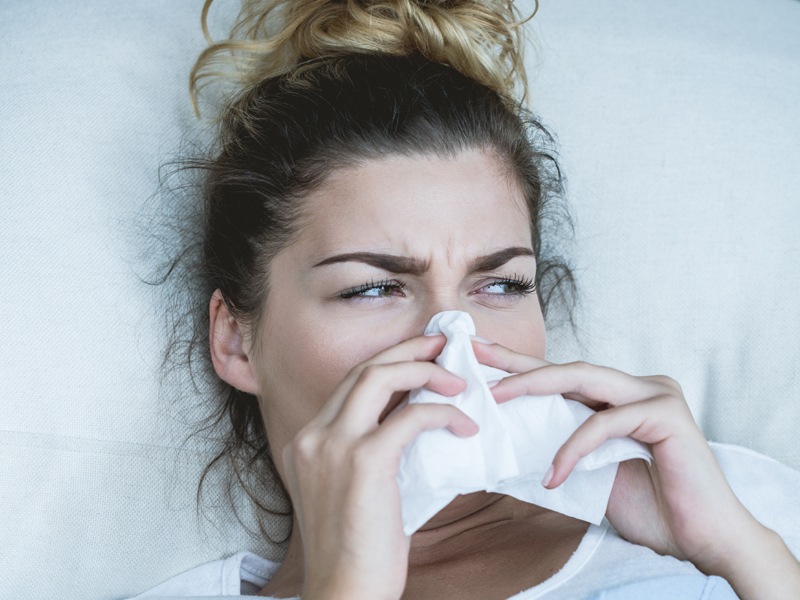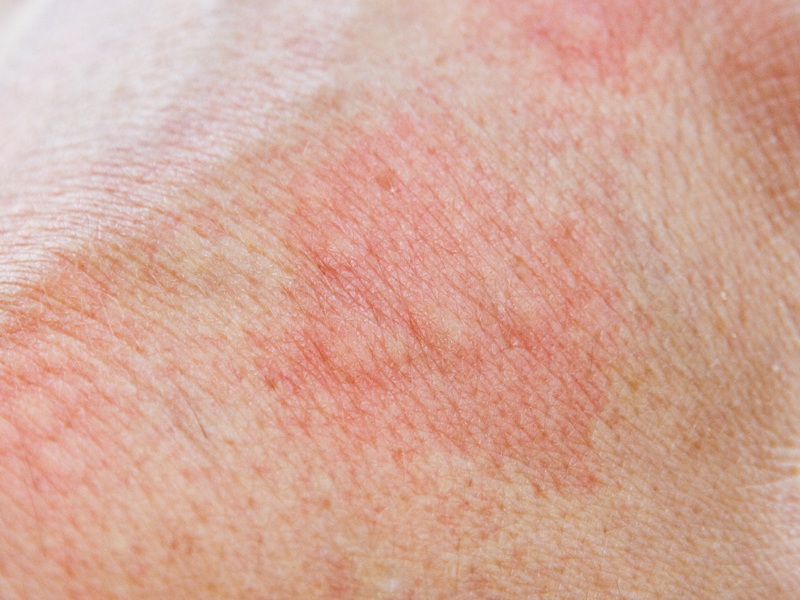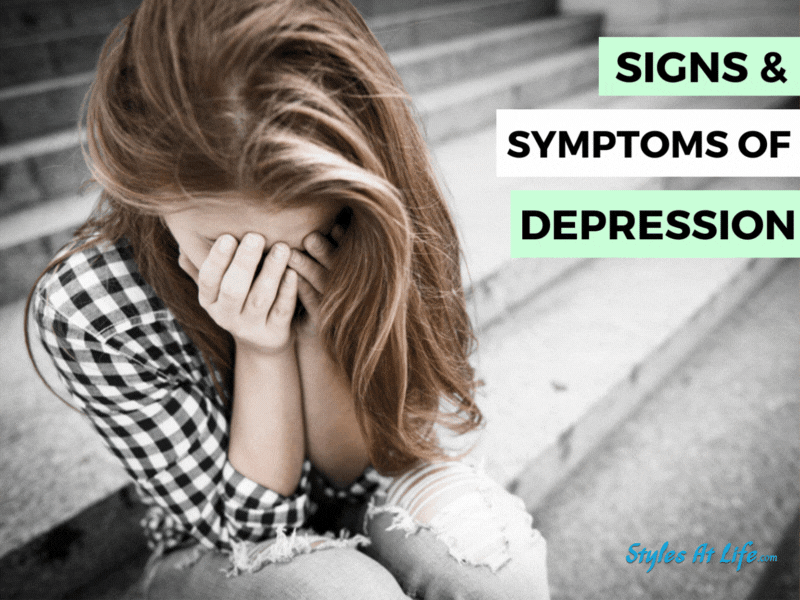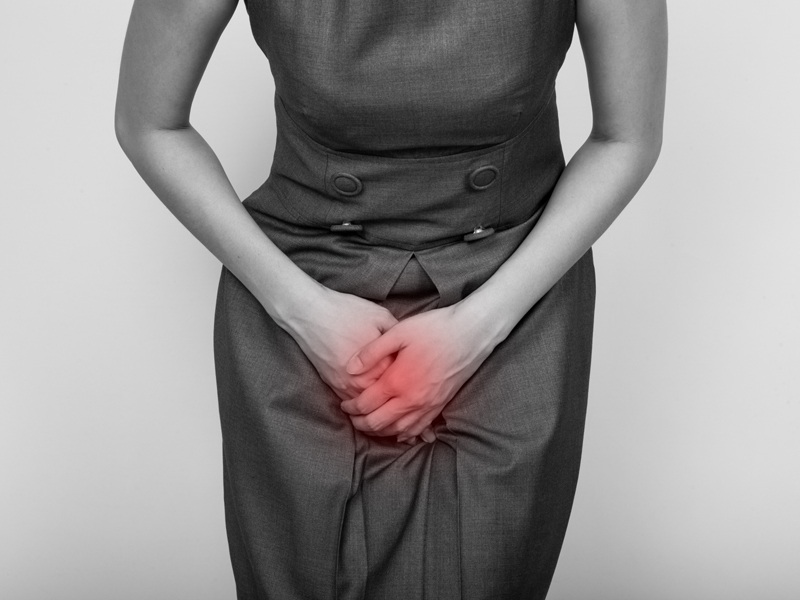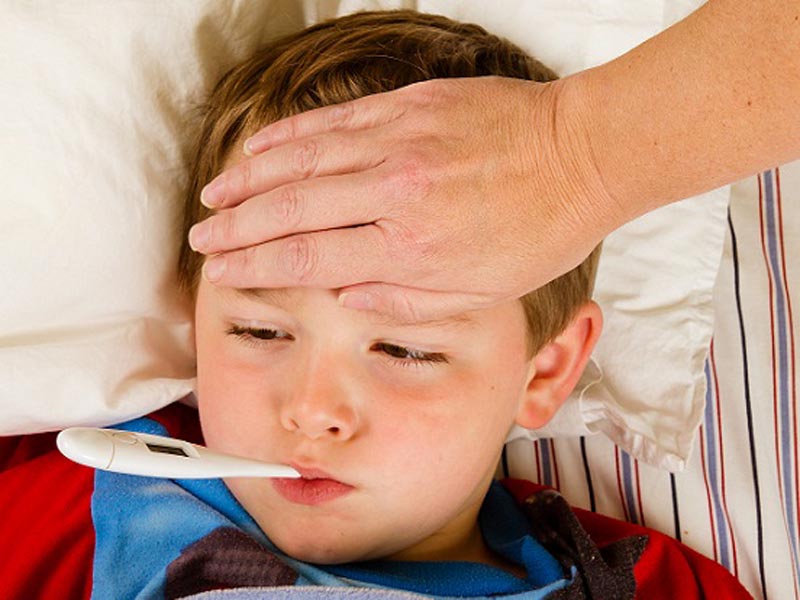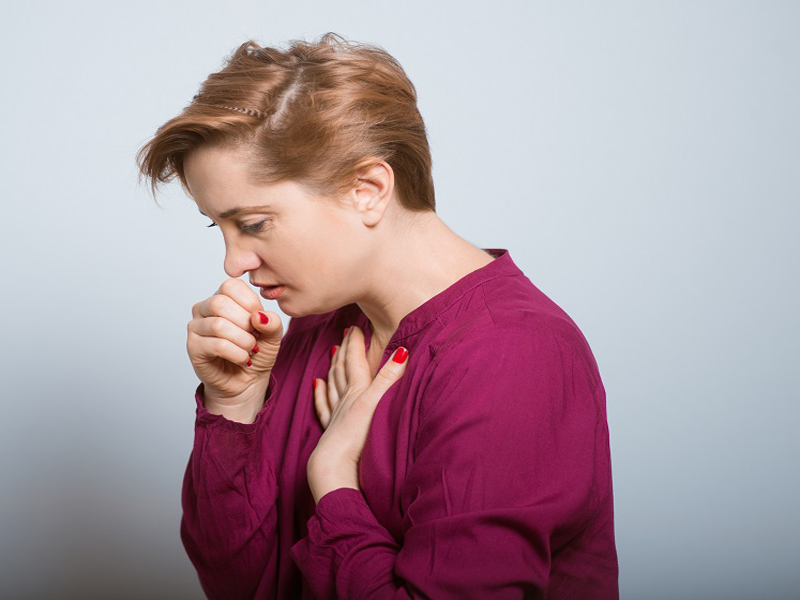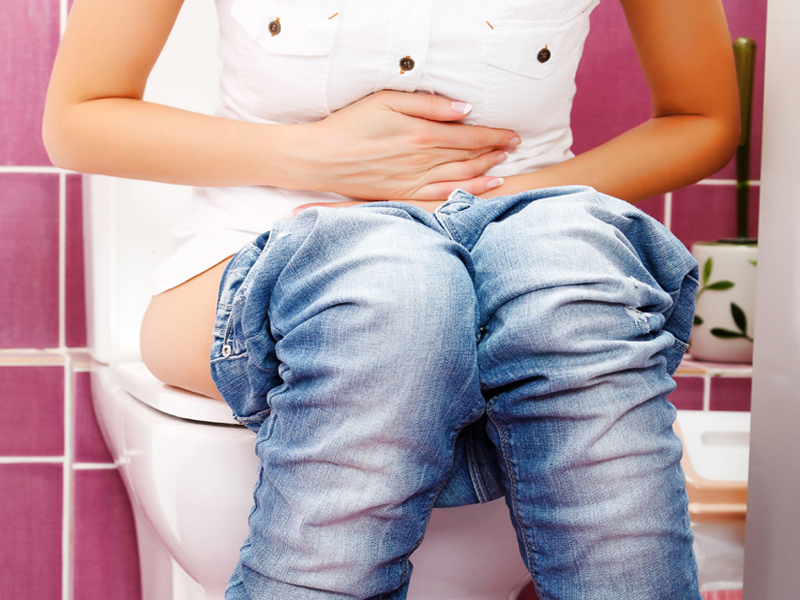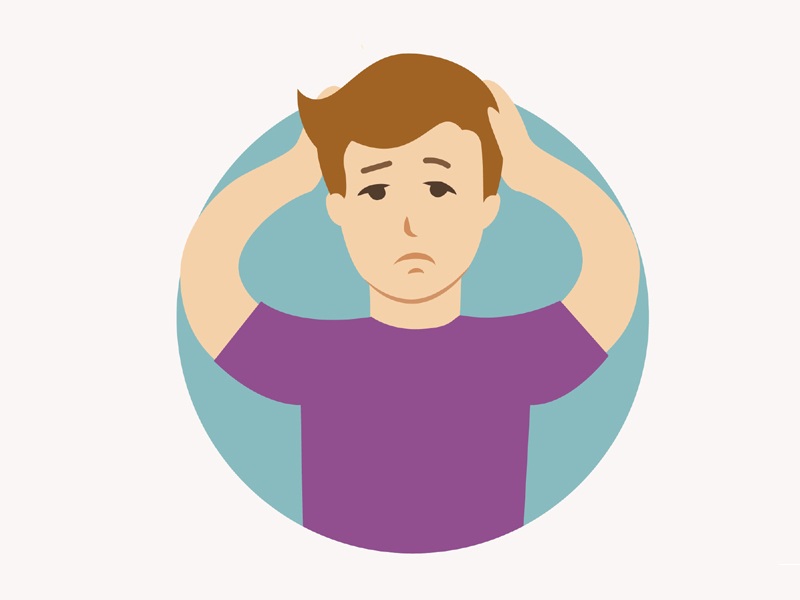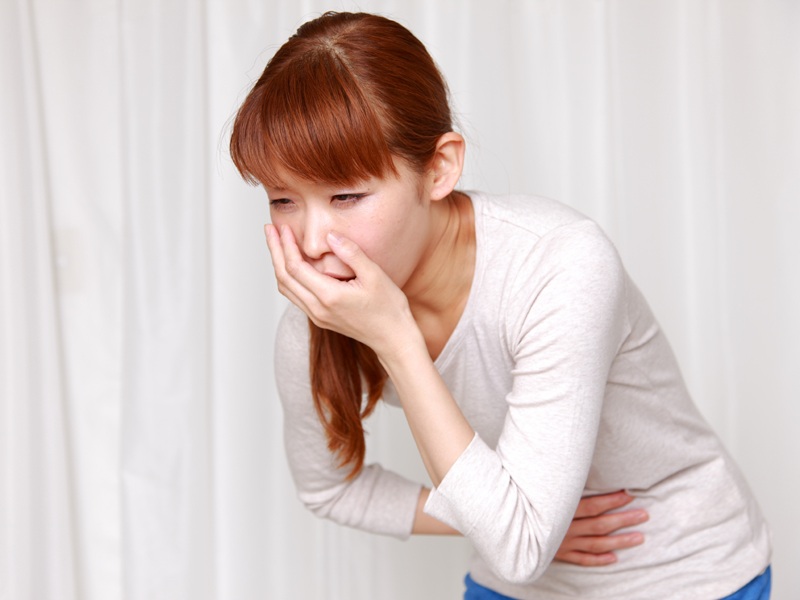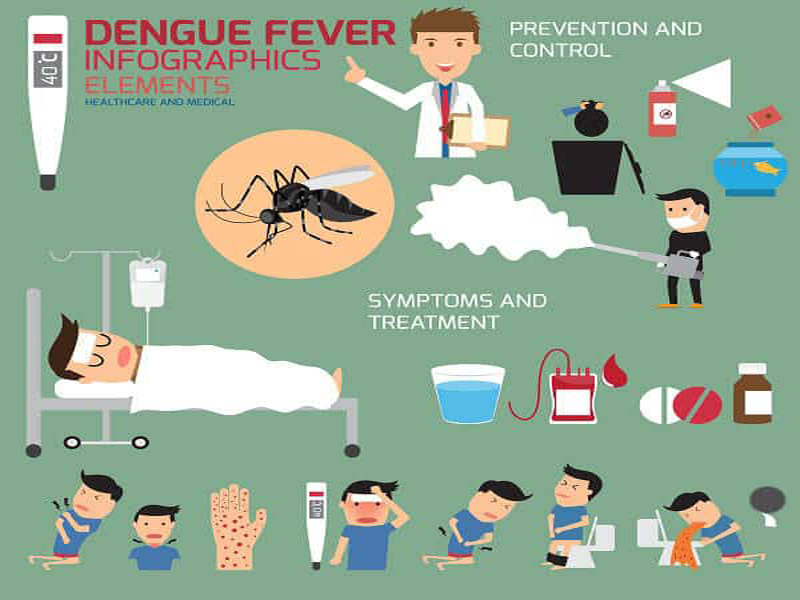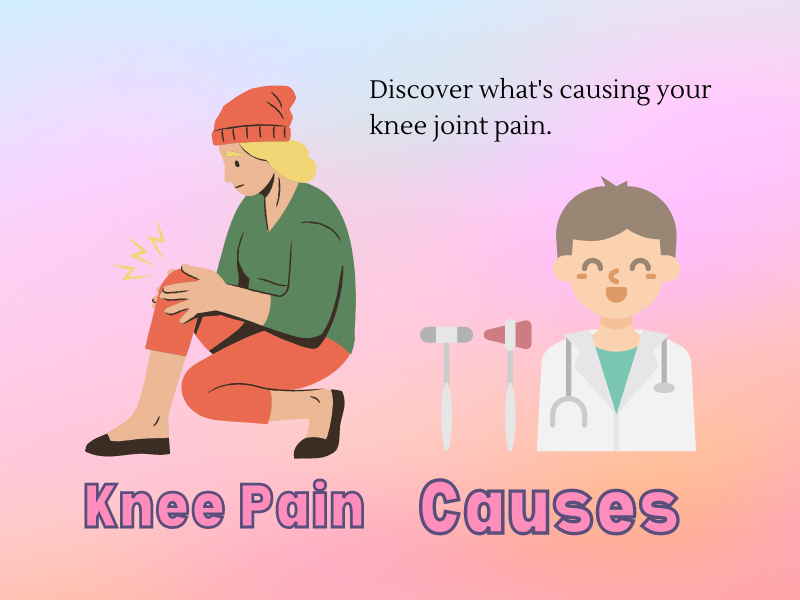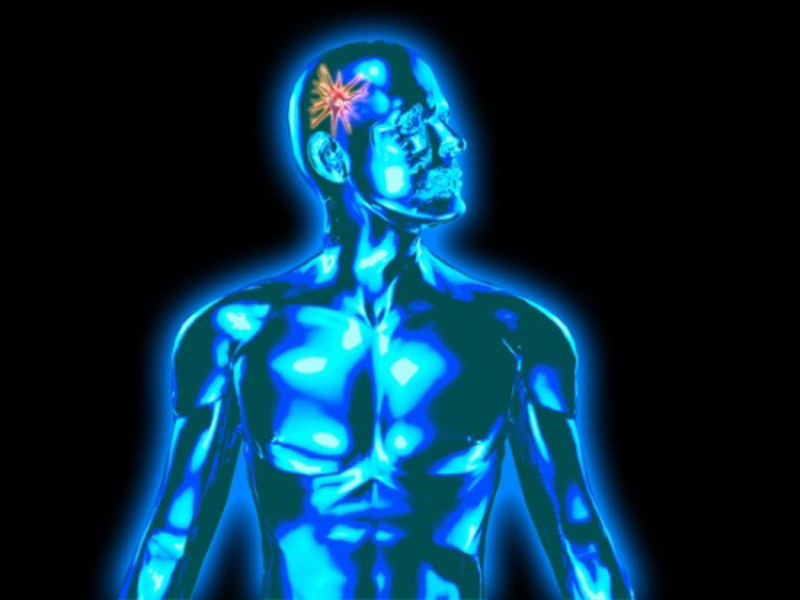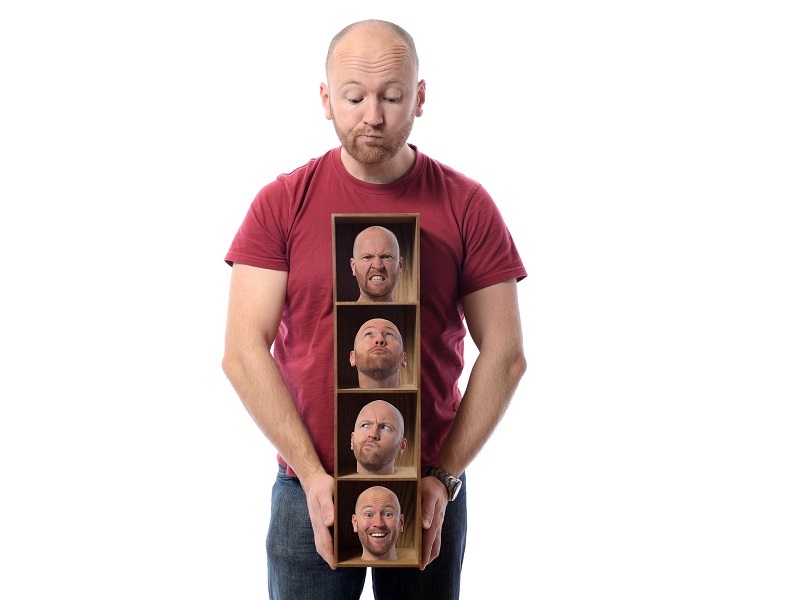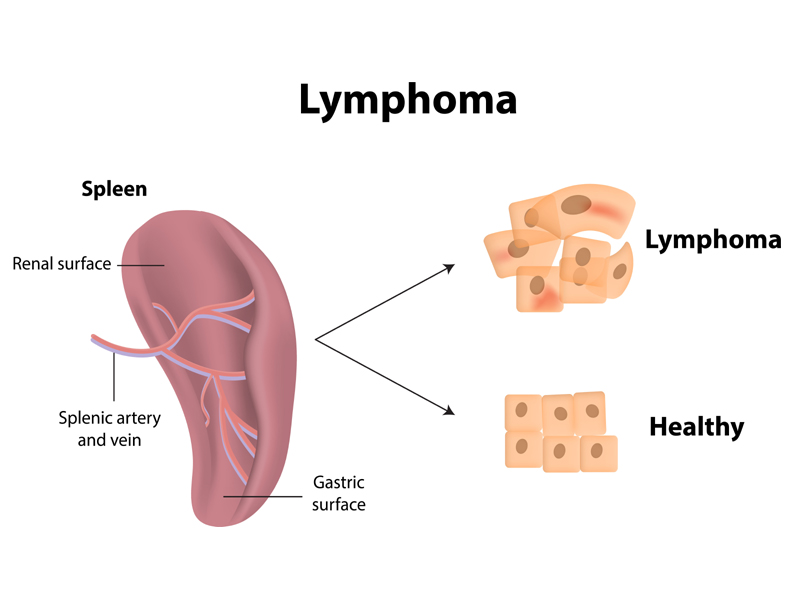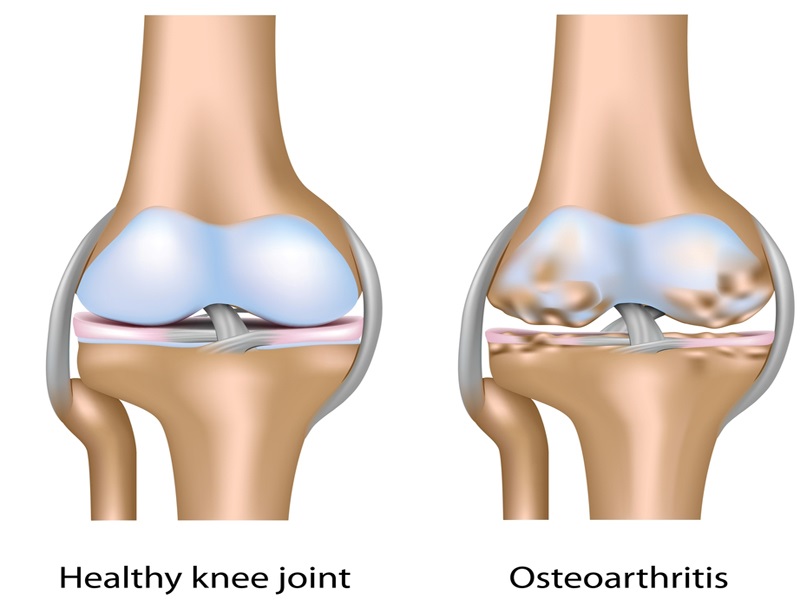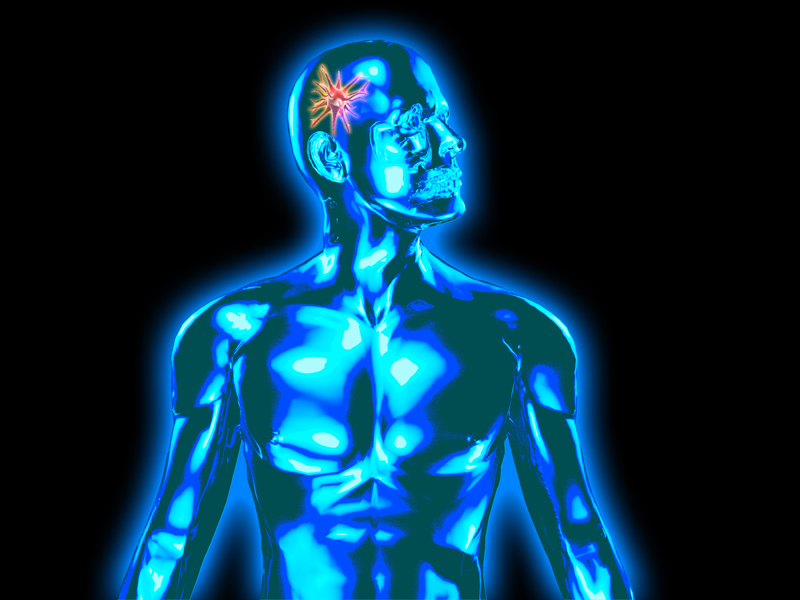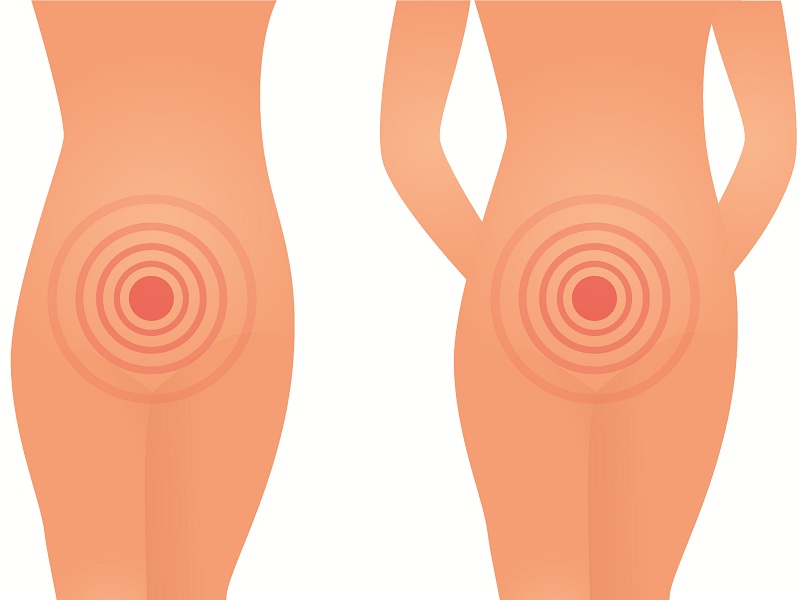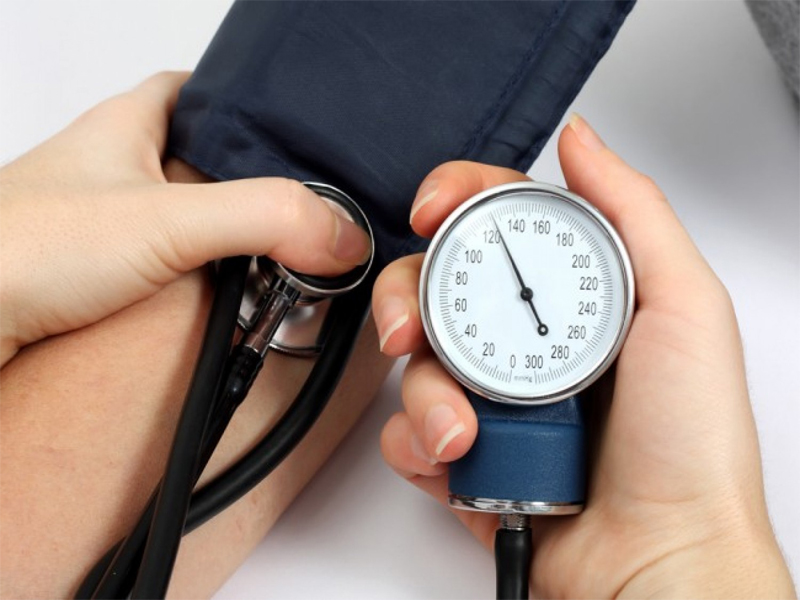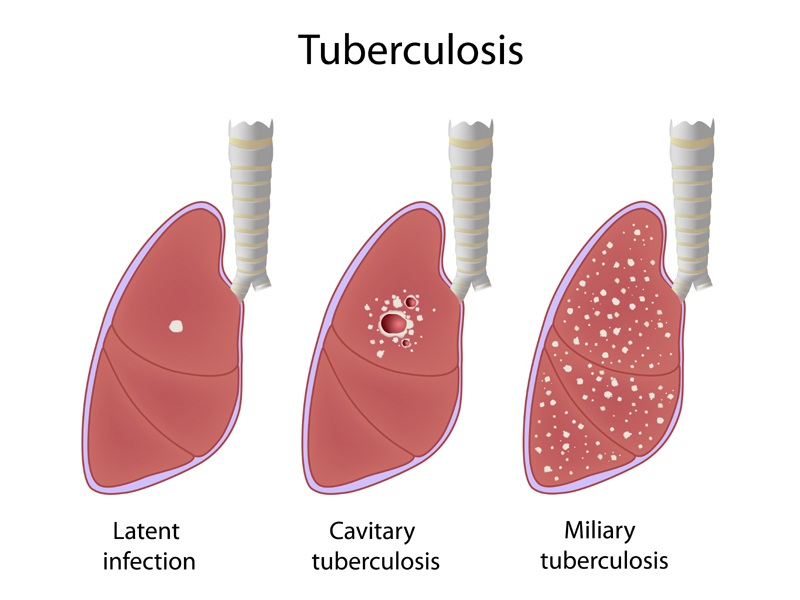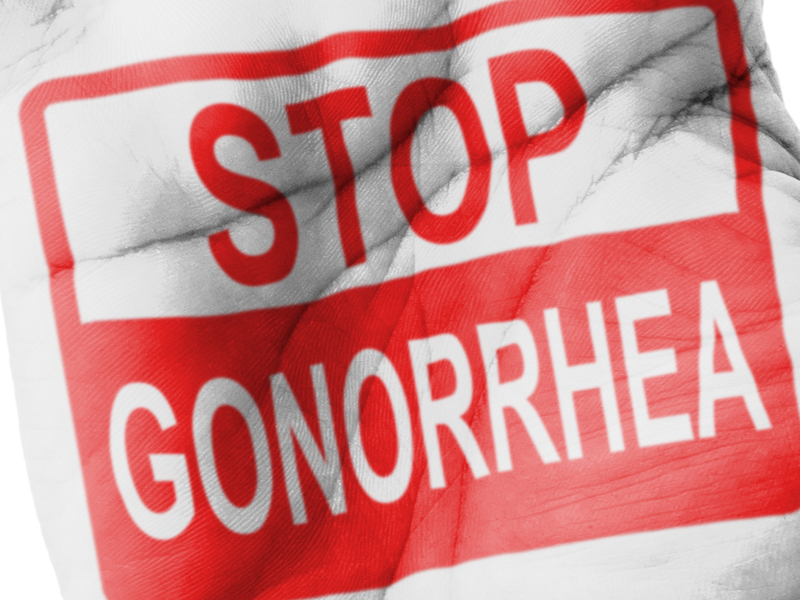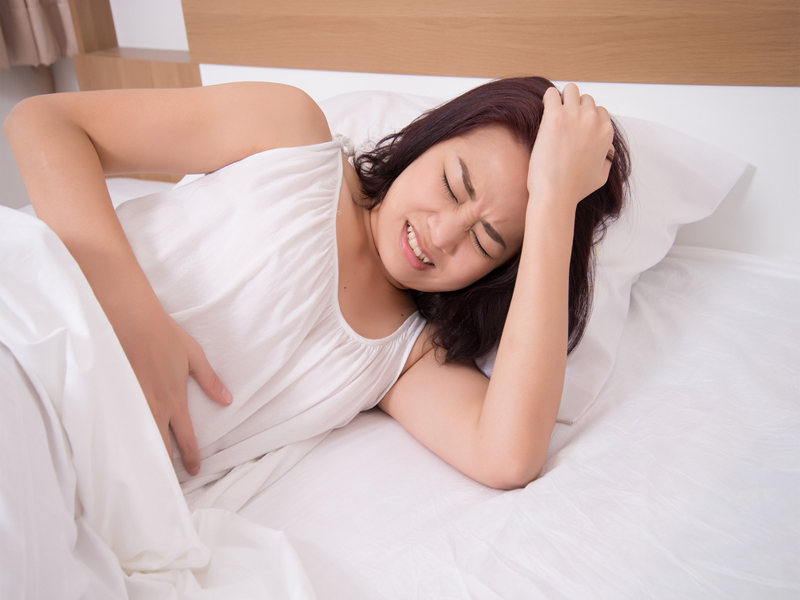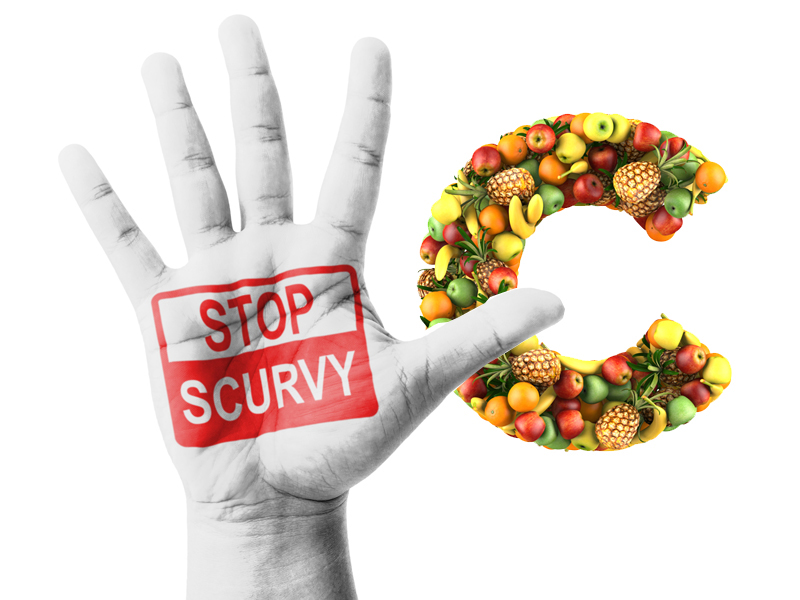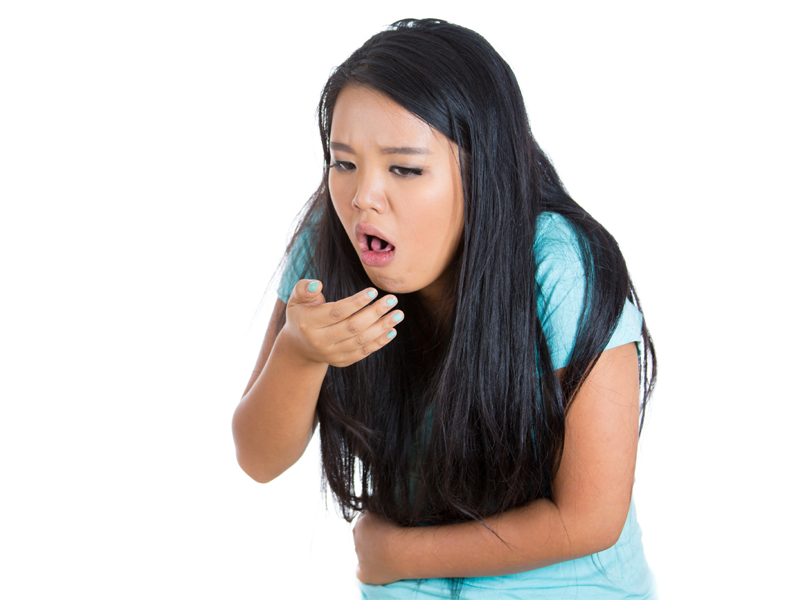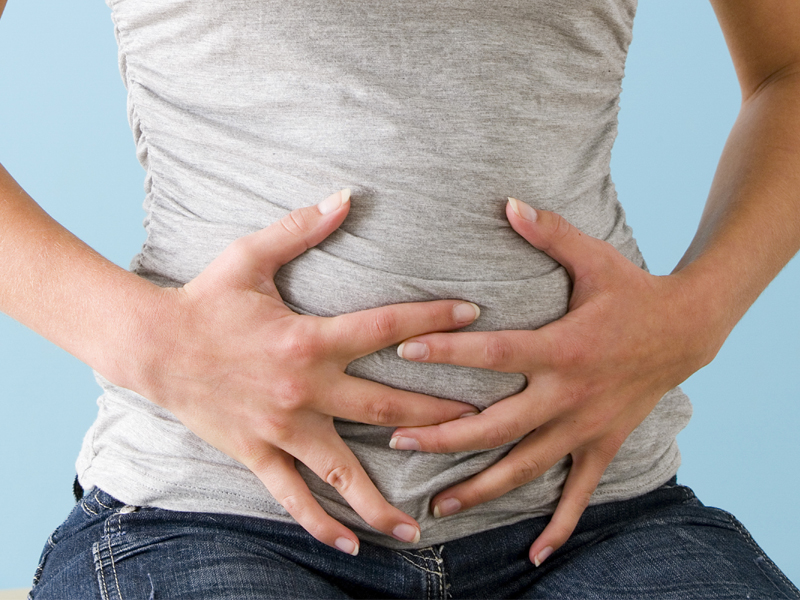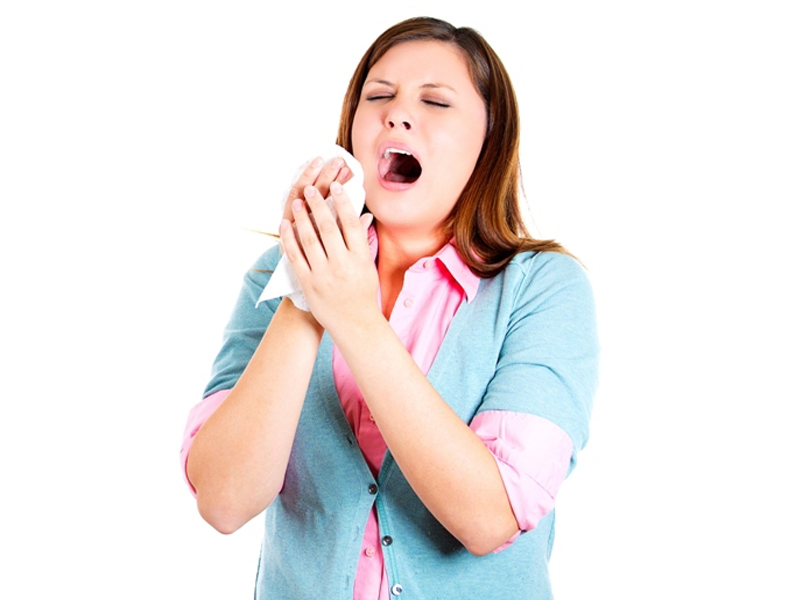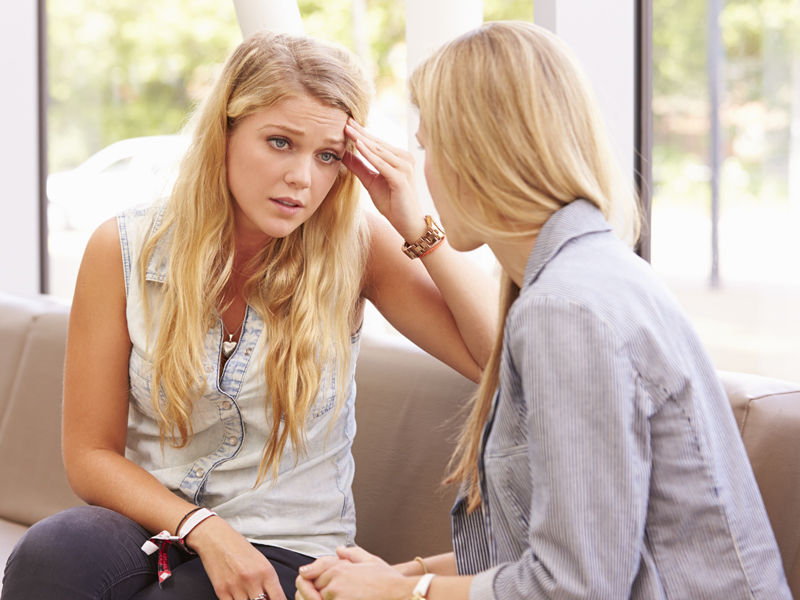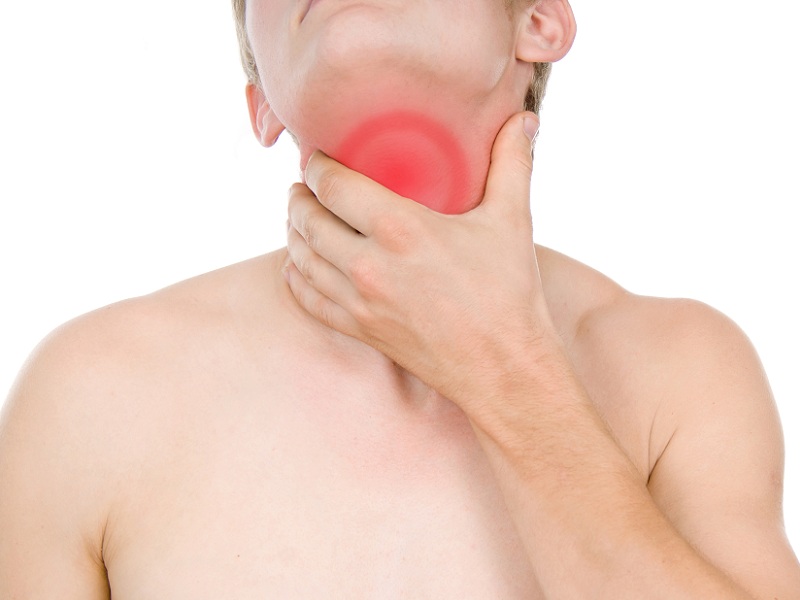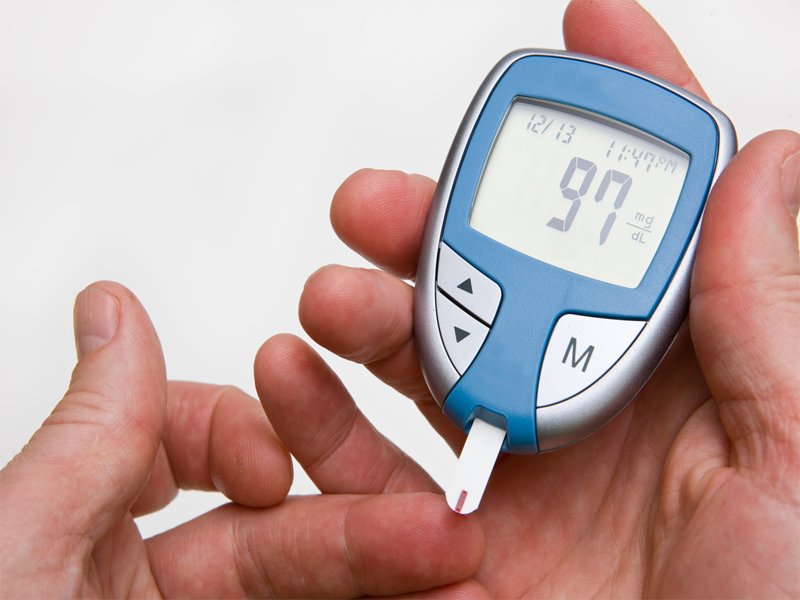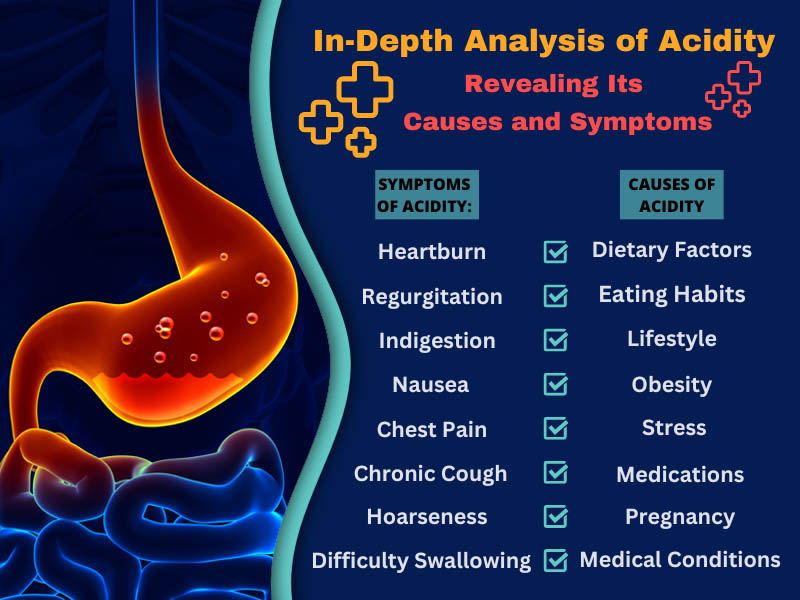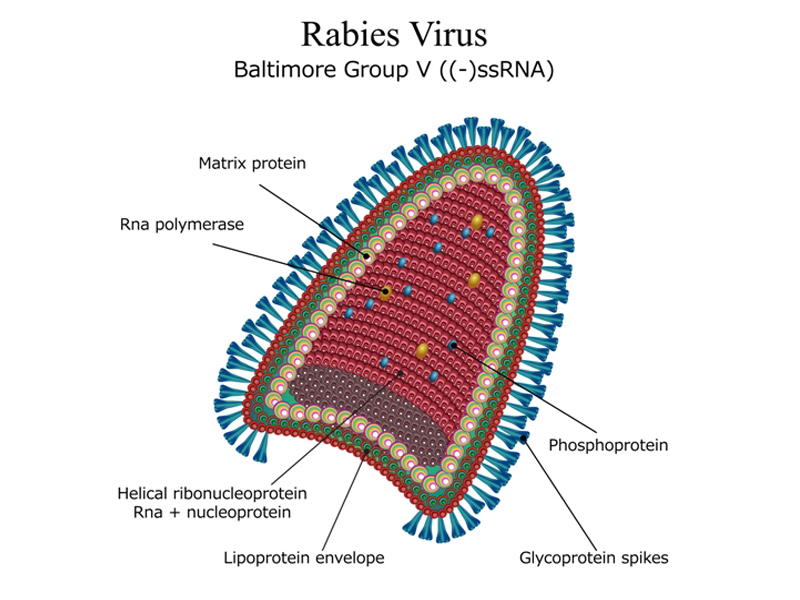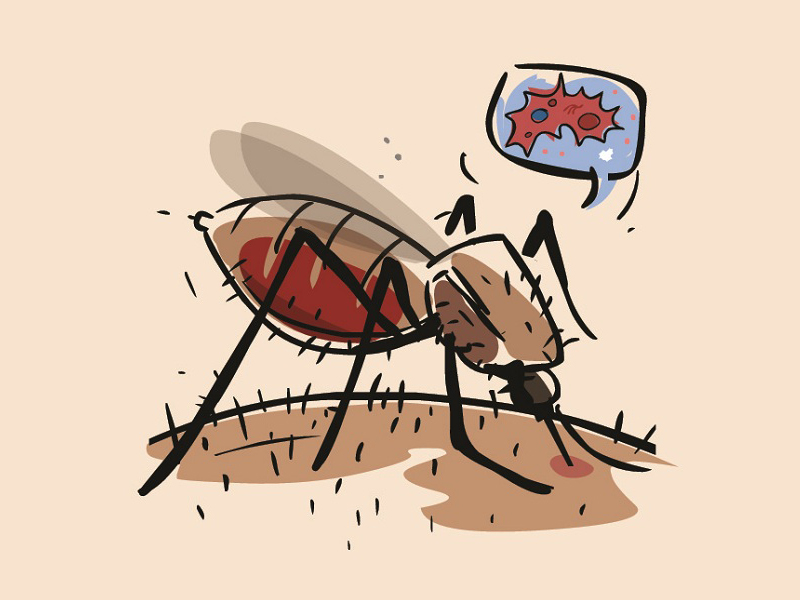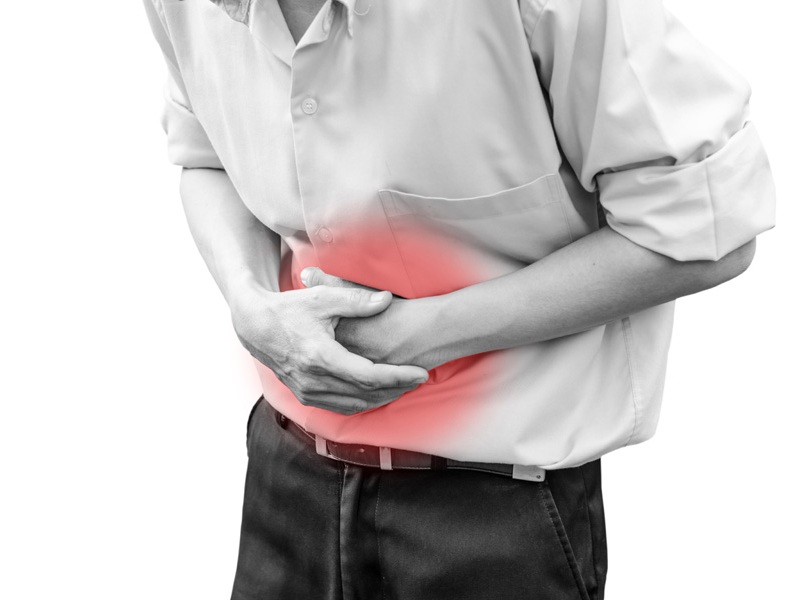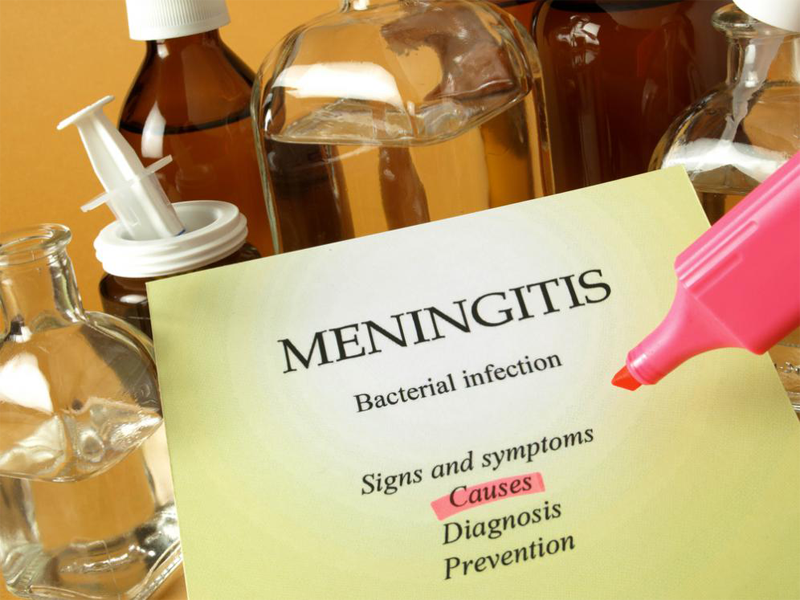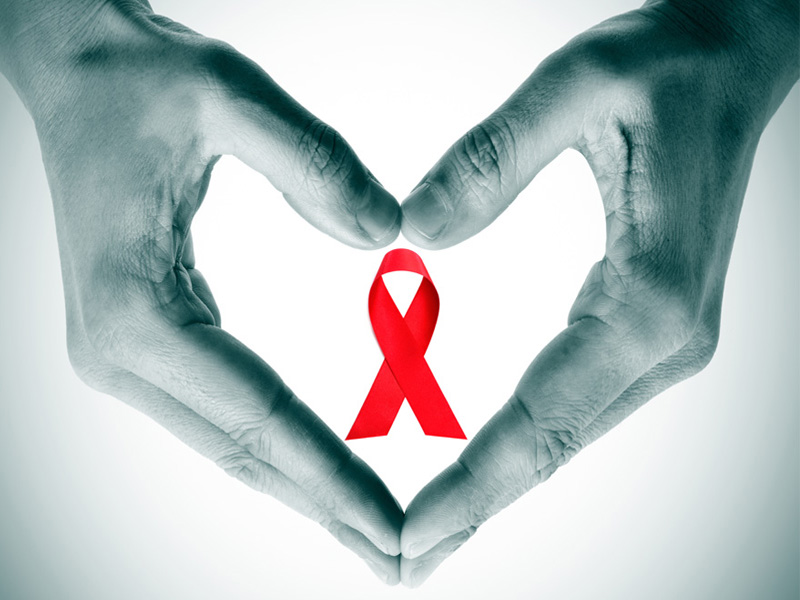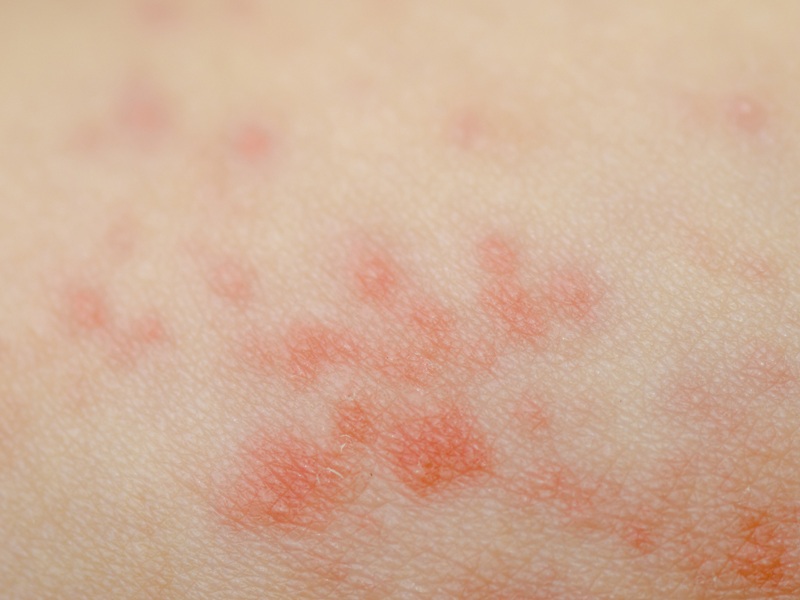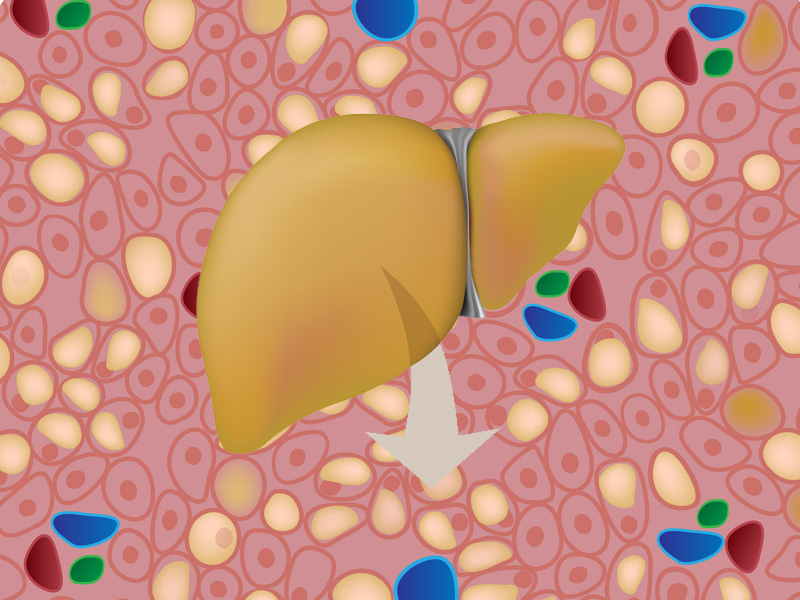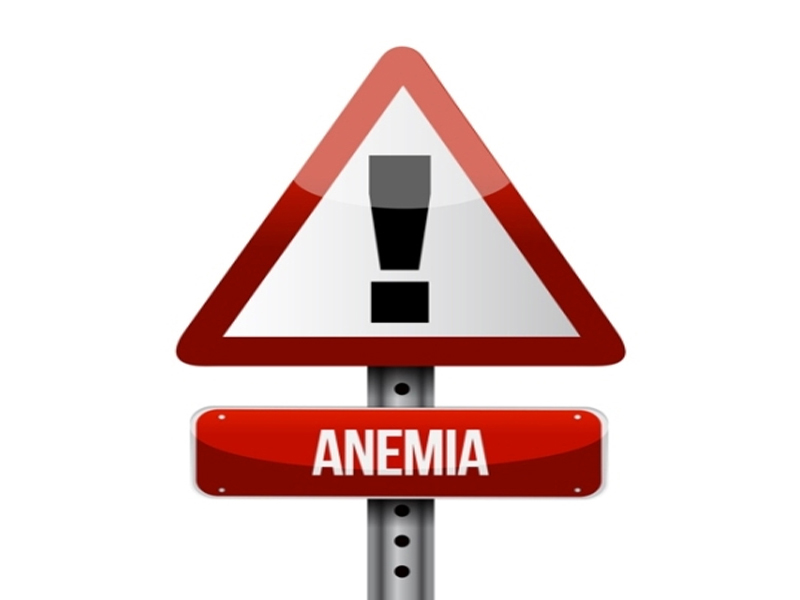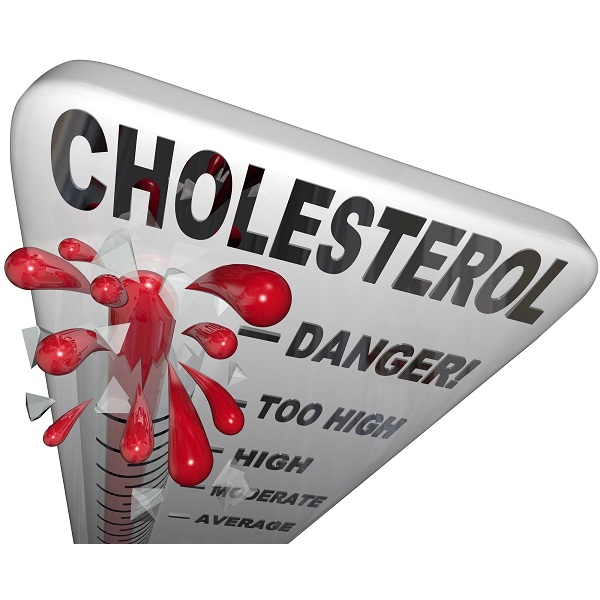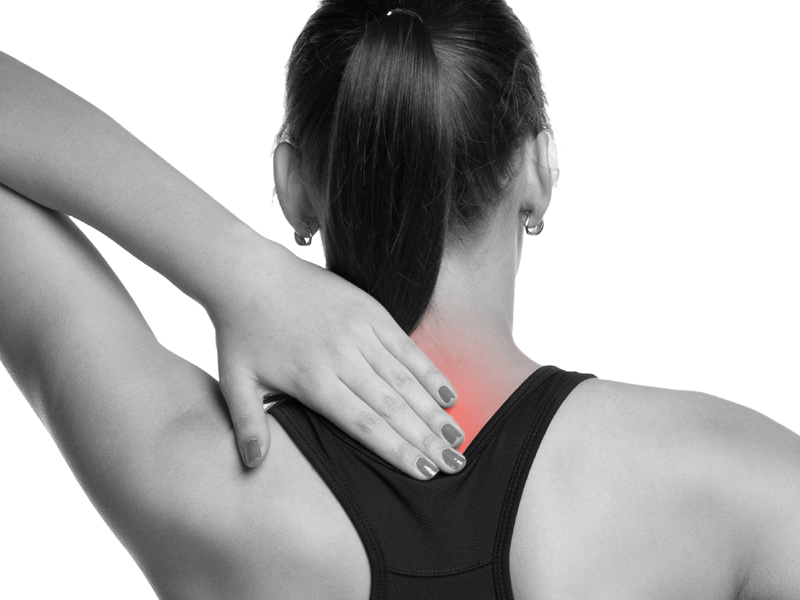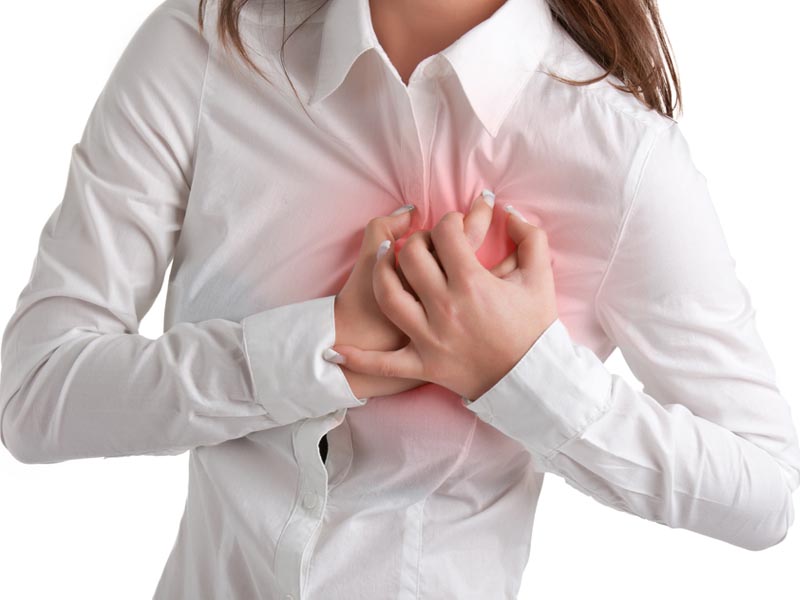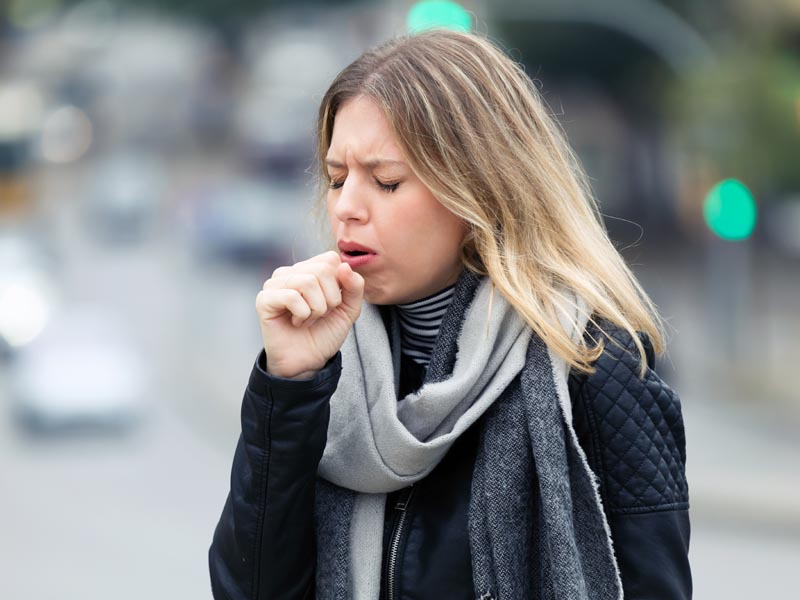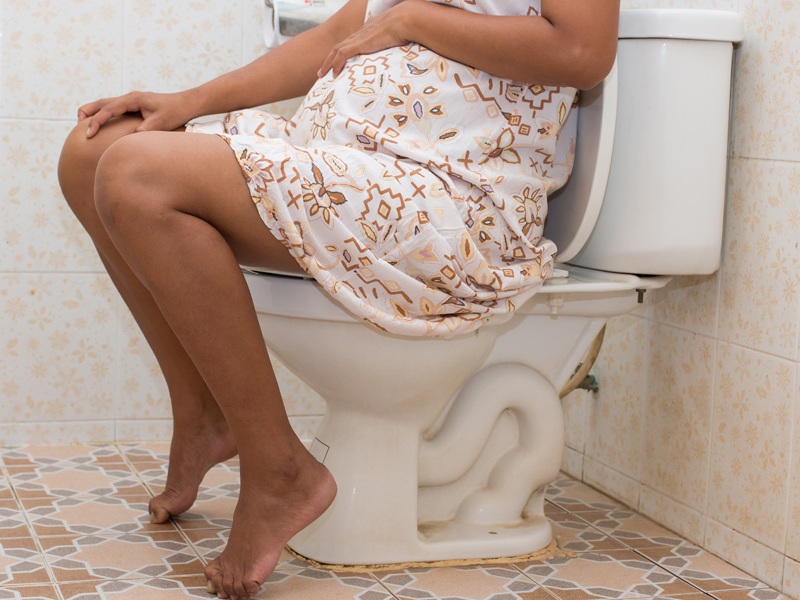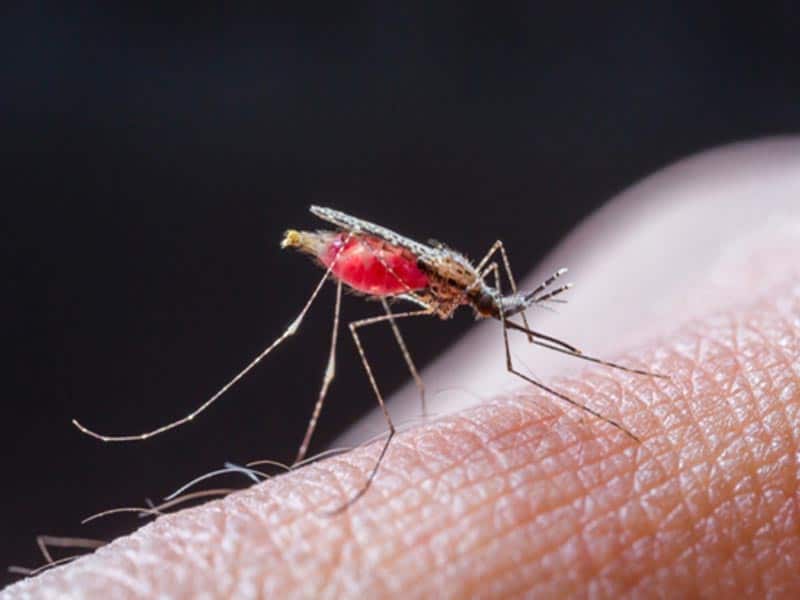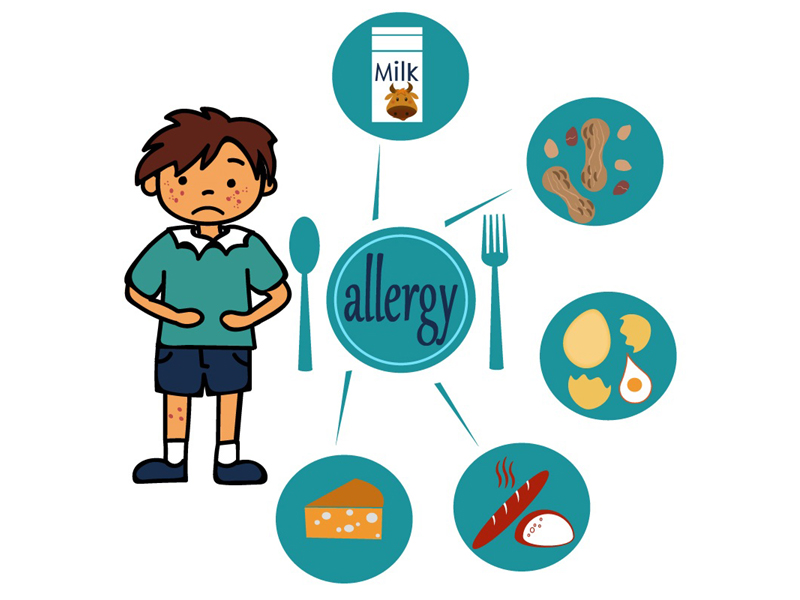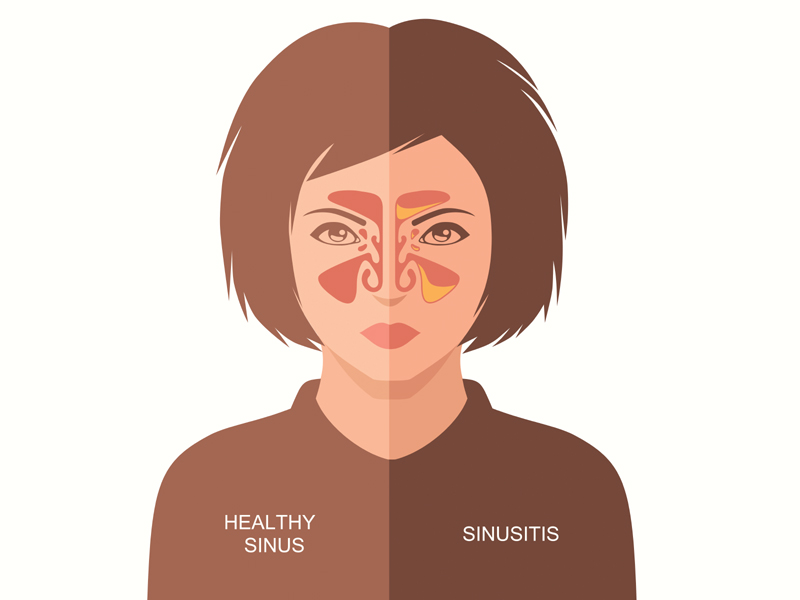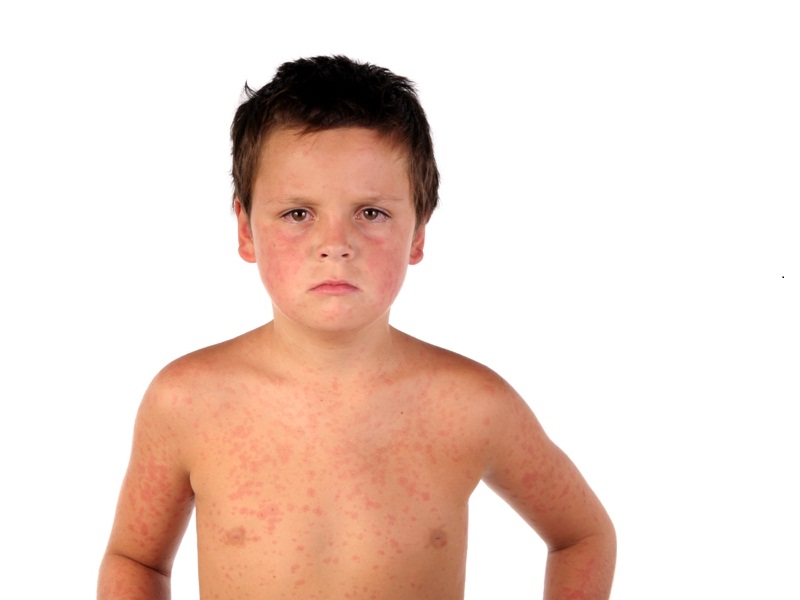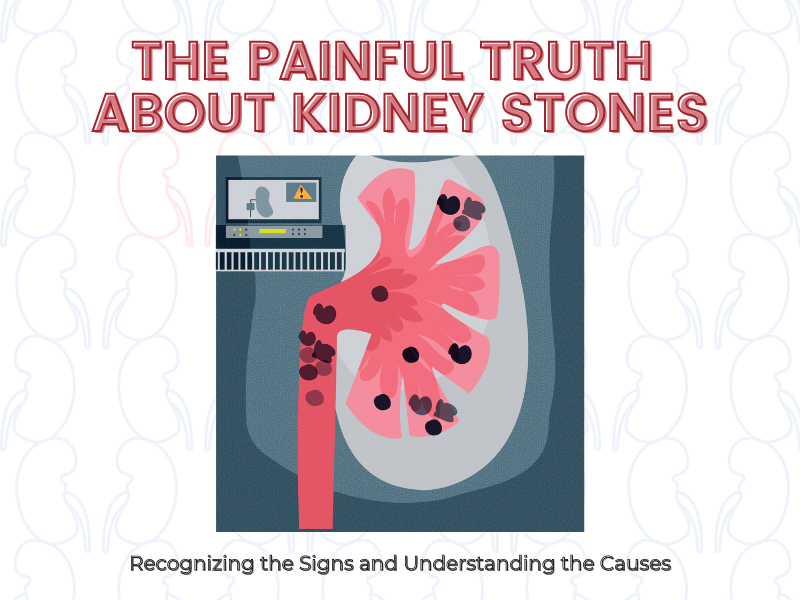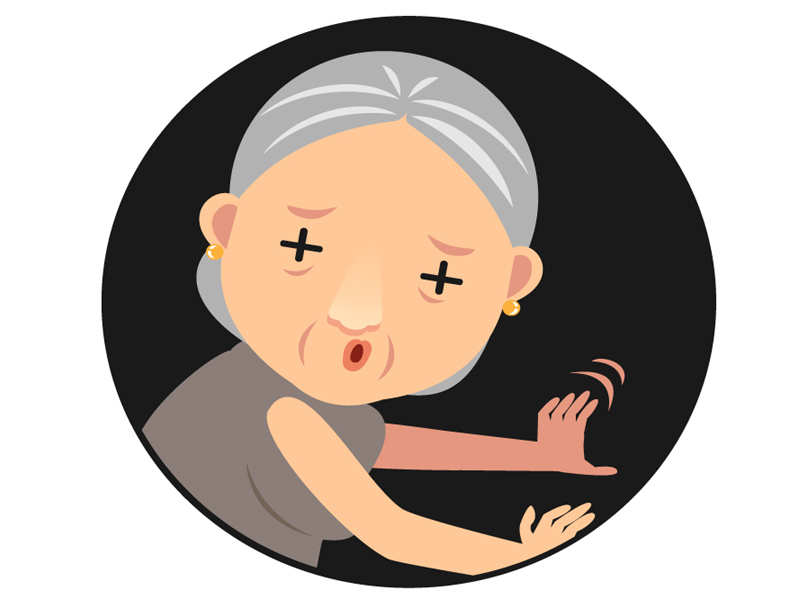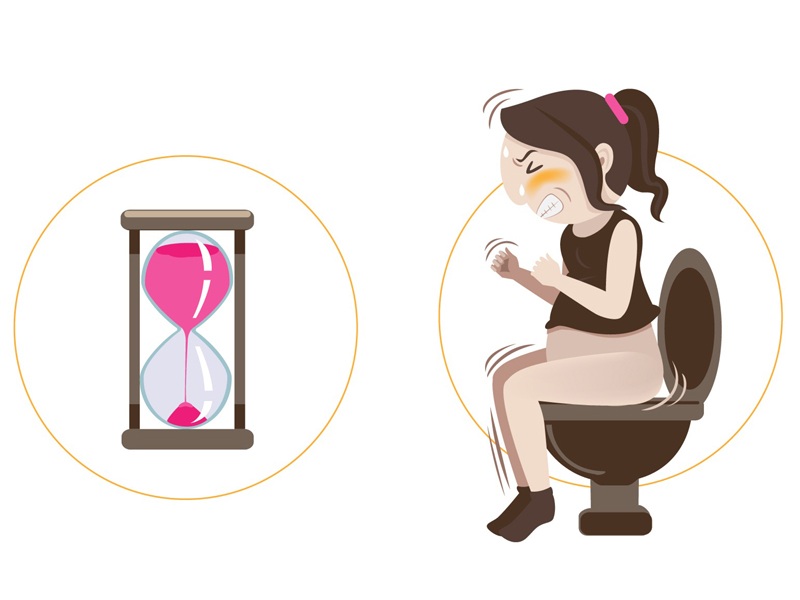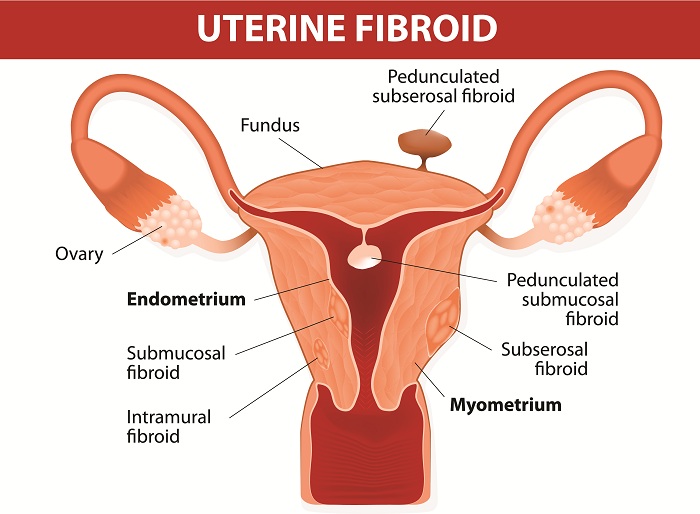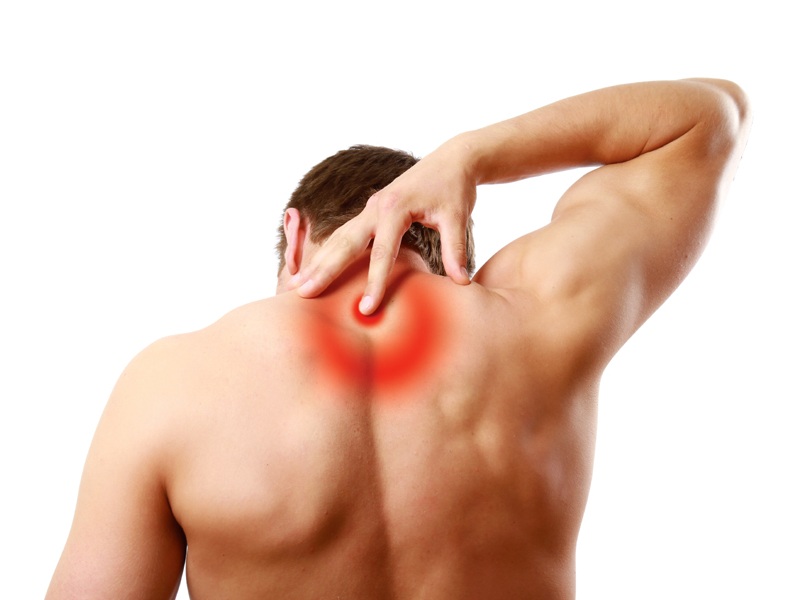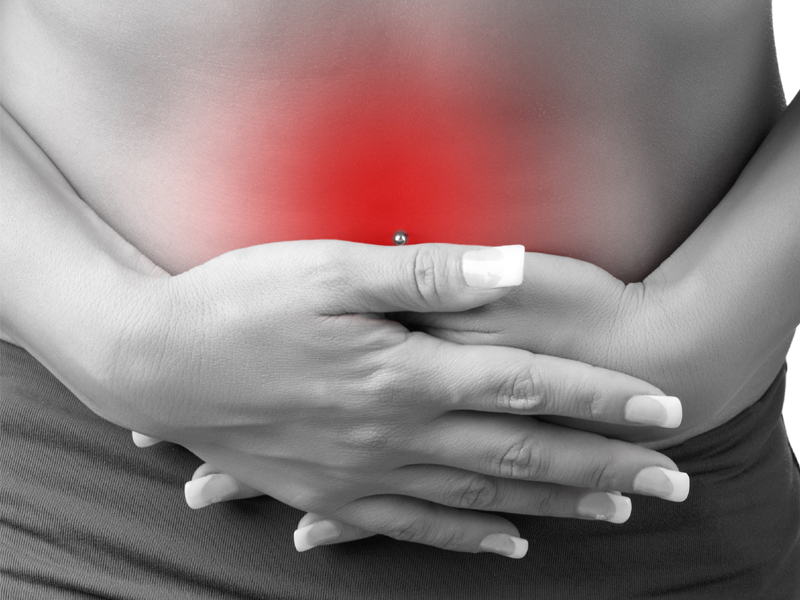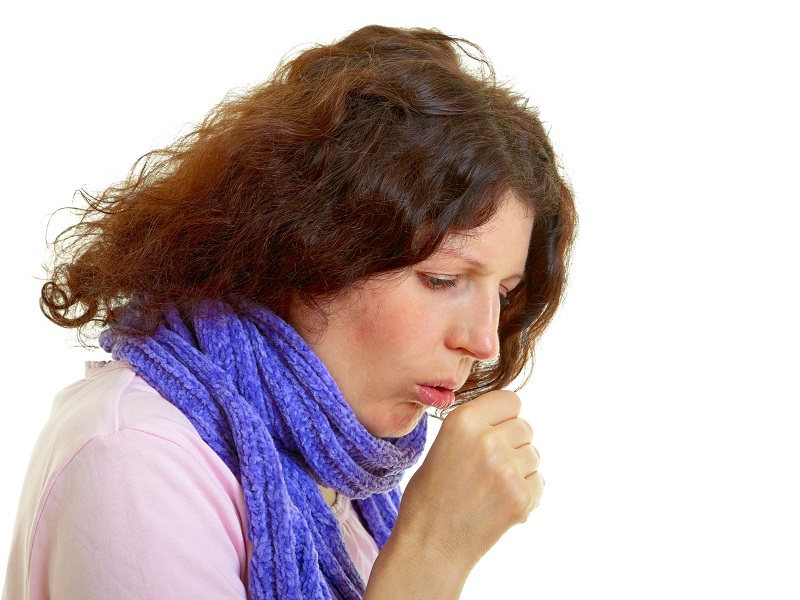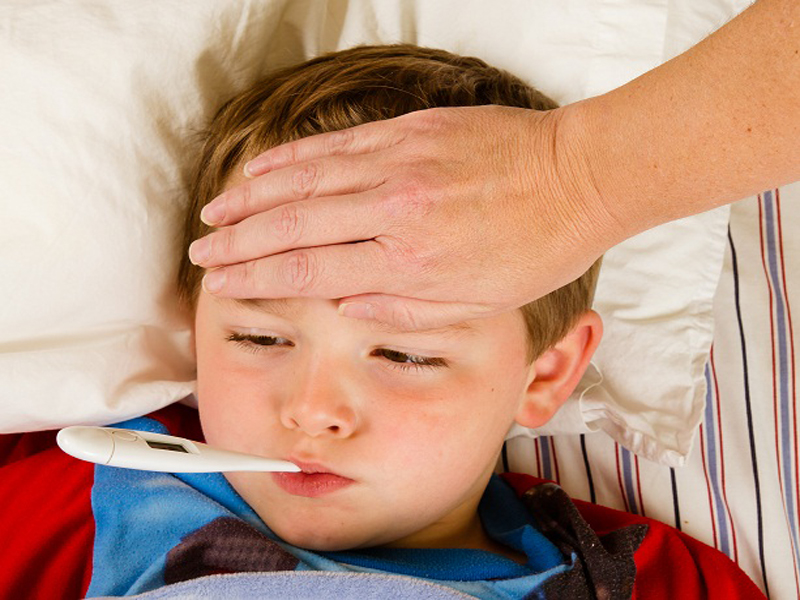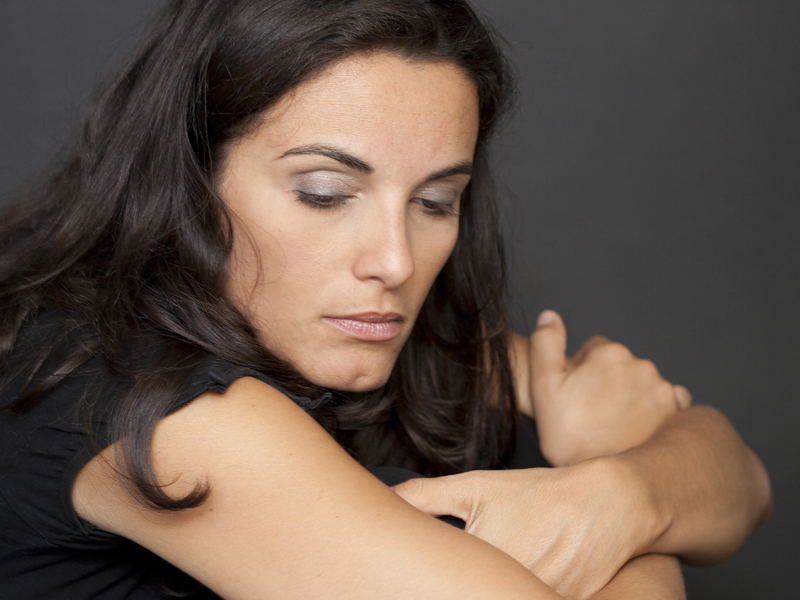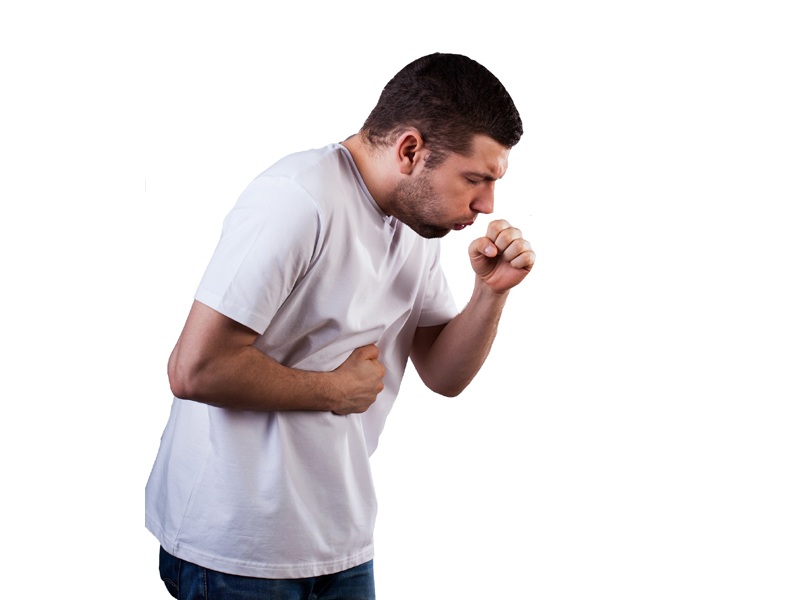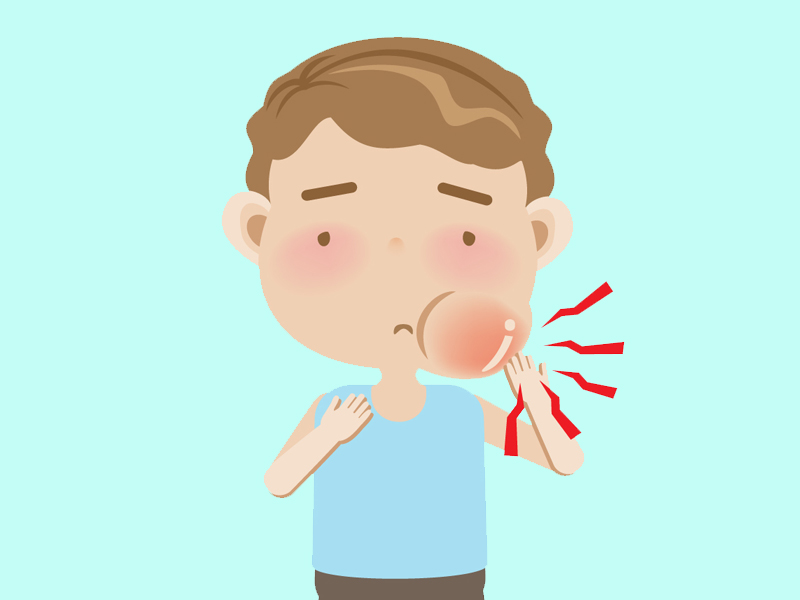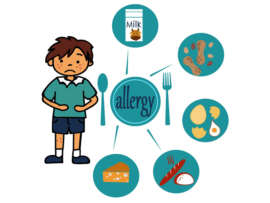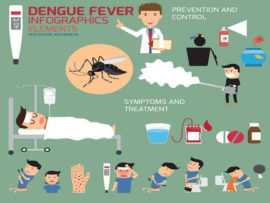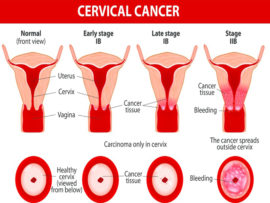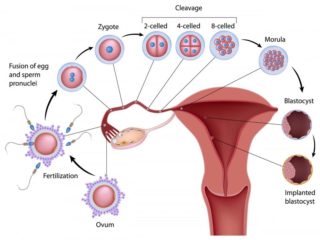Hemorrhoids are a medical condition where veins or tissues in the anus region swell up, causing discomfort and pain. Soft clump moles are a characteristic feature, and if left untreated, they can turn into piles. Although hemorrhoids are more common than people think, not everyone experiences symptoms until they enlarge or become inflamed.
The reason for hemorrhoid gland enlargement is not fixed. Pregnancy is a common cause, and tumors in the pelvic region or frequent constipation can also contribute. Infection may also be a reason. However, there are often symptoms that indicate the presence of hemorrhoids.
Shortlisted Symptoms of Hemorrhoids:
- Bleeding during bowel movements
- Itching and irritation in the anal area
- Swelling around the anus
- Pain and discomfort during bowel movements
- A lump or hard, painful swelling near the anus
- Leakage of feces
- A feeling of incomplete bowel movement
- Mucus discharge from the anus
- Changes in bowel movements, such as consistency, character, odor, and color
See More: Causes of Influenza
How to Identify the Symptoms of Hemorrhoids?
Pain and Discomfort: Effects of Hemorrhoids on Daily Life:
The anal region supports our body weight, yet it is one of the most sensitive areas. Even a minor malfunction can cause excruciating pain and sleepless nights, as is the case with hemorrhoids. Hemorrhoids cause discomfort during sitting and bowel movements, as the anus must expand and contract, causing muscles and lumps to move. Using a round butt rest cushion can provide relief. Piles can occur if left untreated, making it crucial to seek proper treatment for hemorrhoids.
Blood Clots and Bleeding: Warning Signs of Hemorrhoids:
Hemorrhoids can develop on the external region of the anus, and physical discomfort may occur before they appear. This may include small rash-like lumps that are blood-red in color, indicating the presence of a blood clot. These lumps are painful and can grow and enlarge over time if left untreated. It is important to seek medical attention if you experience any discomfort in the anal region.
See More: Symptoms of Indigestion
Internal or external hemorrhoids may bleed from time to time, known as first-degree hemorrhoids, where the enlarged tissues or lump-like structures bleed. This bleeding can occur while passing stool or without any apparent reason. To prevent sudden blood spills, it is recommended to carry gauze and cotton for better precautionary measures. Seeking medical attention is crucial if the bleeding is severe or persistent.
Itchiness and Irritation: Common Symptoms of Hemorrhoids:
The initial symptoms of a hemorrhoid attack can include severe itching in the surrounding area of the anus. This itching may be due to excessive moisture, so it is recommended to keep a soft cotton cloth nearby. Sweating or excess moisture combined with hemorrhoid lumps can exacerbate the symptoms and discomfort. Proper hygiene and keeping the affected area dry can help manage the symptoms of hemorrhoids.
Even if the hemorrhoid tissues are not inflamed, a constant feeling of irritation and discomfort may persist throughout the day. If you are experiencing such discomfort, which you did not have before, it is recommended to consult a doctor and get a checkup done. This sudden onset of discomfort may be a sign of underlying hemorrhoids that require proper diagnosis and treatment.
See More: Symptoms of Fibroids
Bowel Movement Changes: How Hemorrhoids Affect Digestive Health:
When hemorrhoids are present, a person may experience changes in their bowel movements, including differences in consistency, character, odor, and color. These changes can occur due to the presence of lump cells in the anus region, which can affect the passing of stool and disrupt normal bowel routines. This is a common symptom of hemorrhoids.
Mucus in Stools: Another Indication of Hemorrhoids:
The presence of mucus and blood in the stool can indicate the development of hemorrhoids. This abnormal occurrence can lead to changes in stool consistency and is a sign that one may be experiencing a hemorrhoid problem.
Hemorrhoids can be managed. Symptoms include bleeding, itching, swelling, and pain during bowel movements. See a healthcare professional if you experience any of these. Lifestyle changes like eating fiber, drinking water, and good hygiene can help. Medical treatments may also be necessary. Manage hemorrhoids to reduce discomfort and improve well-being.


